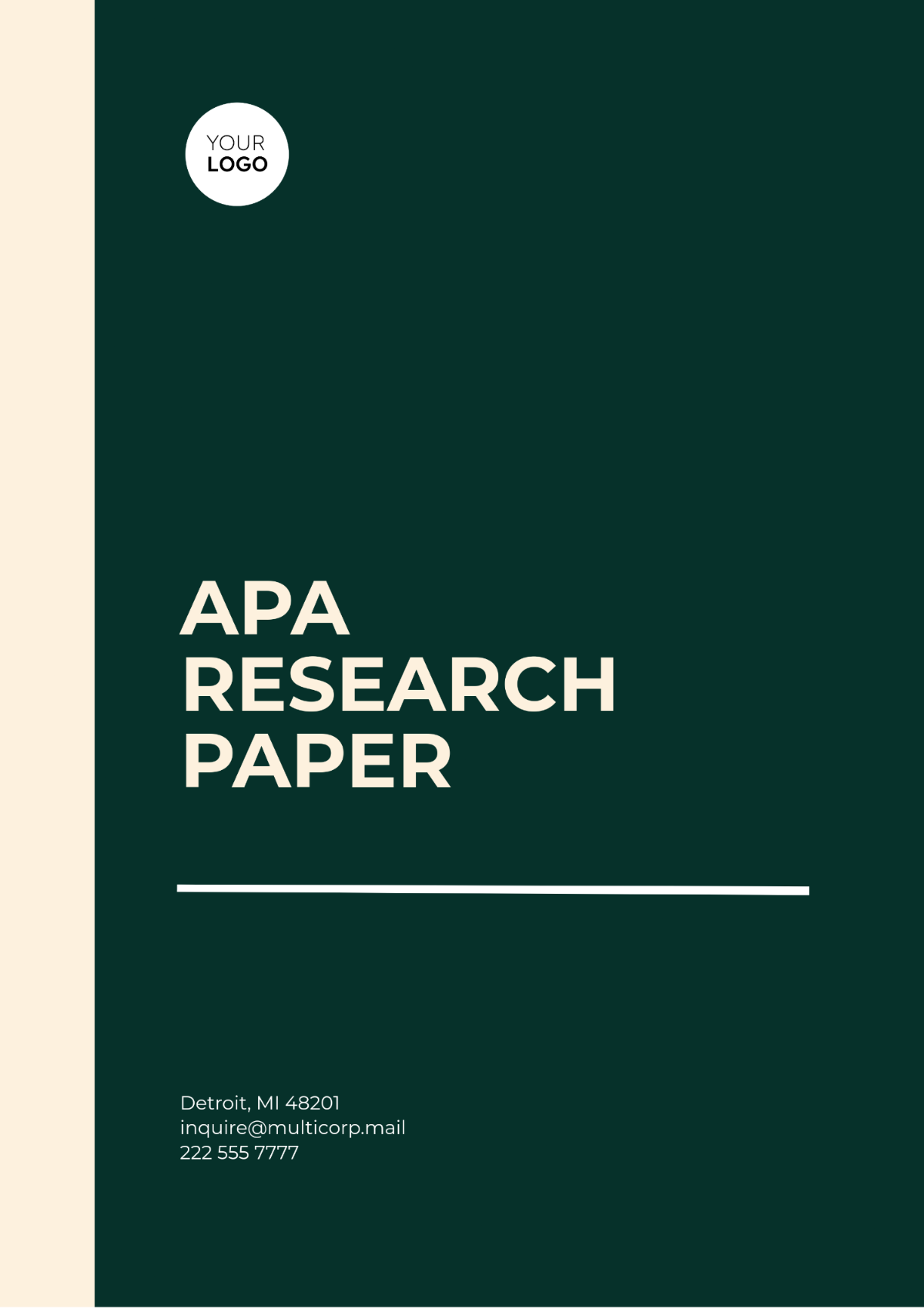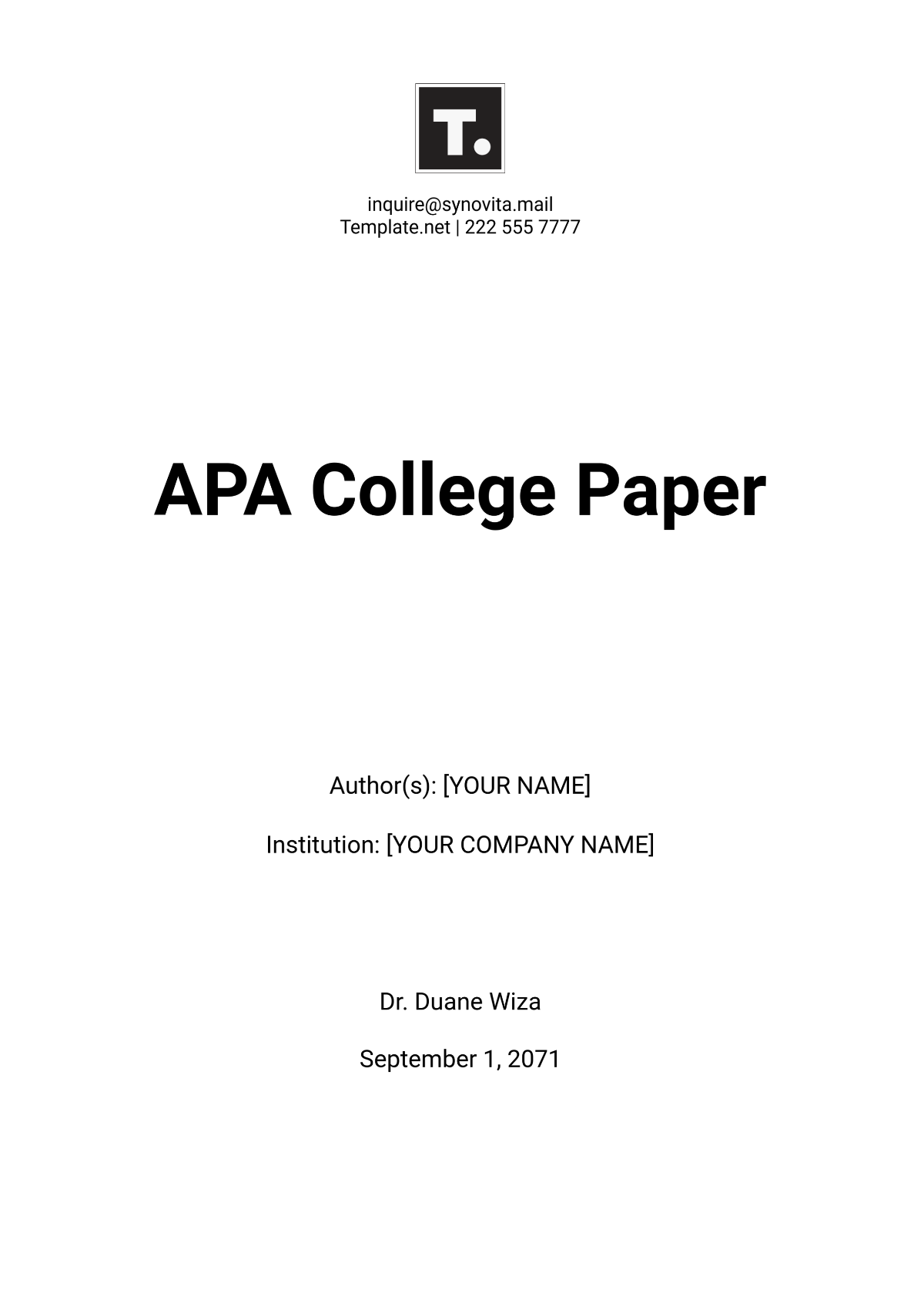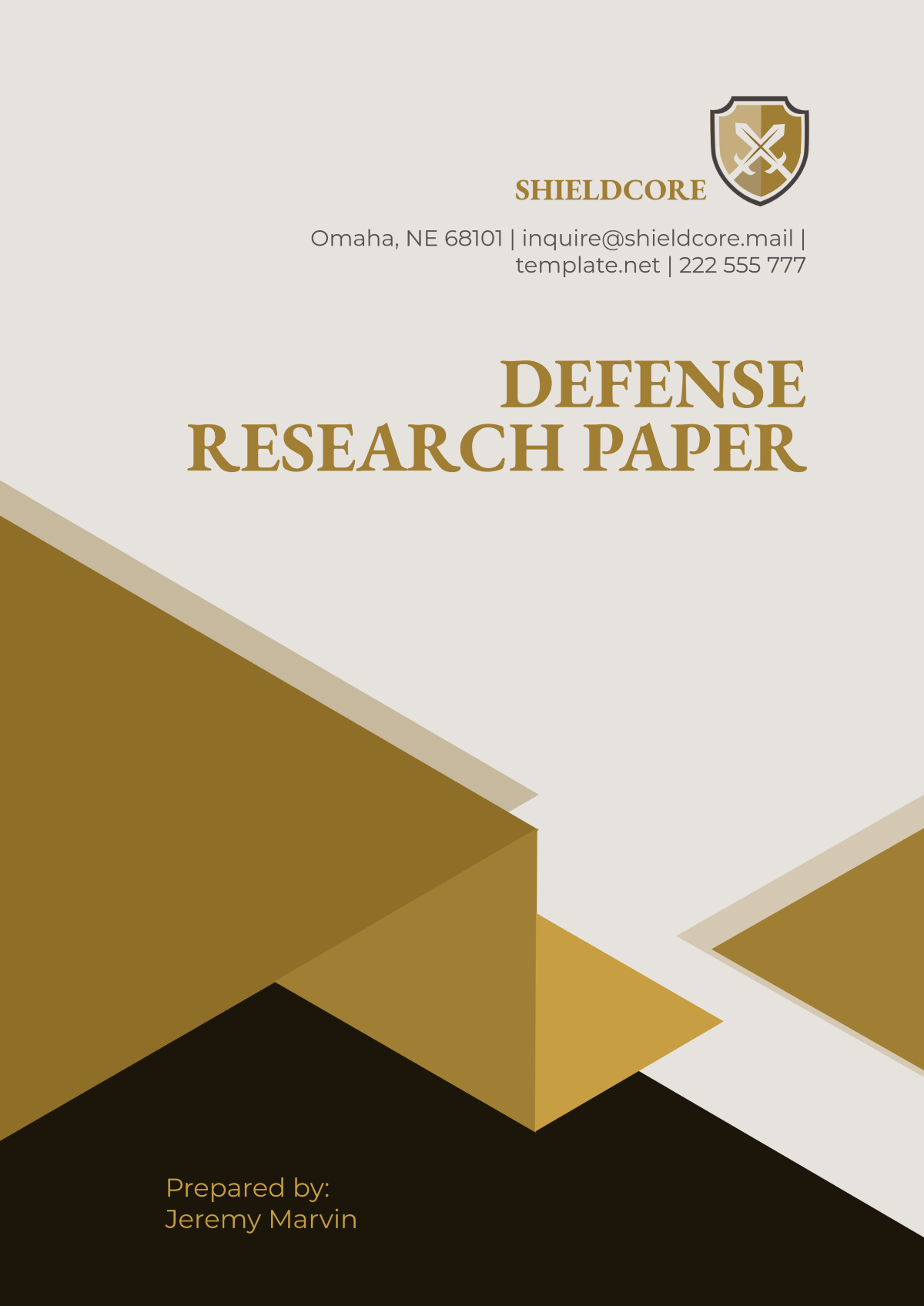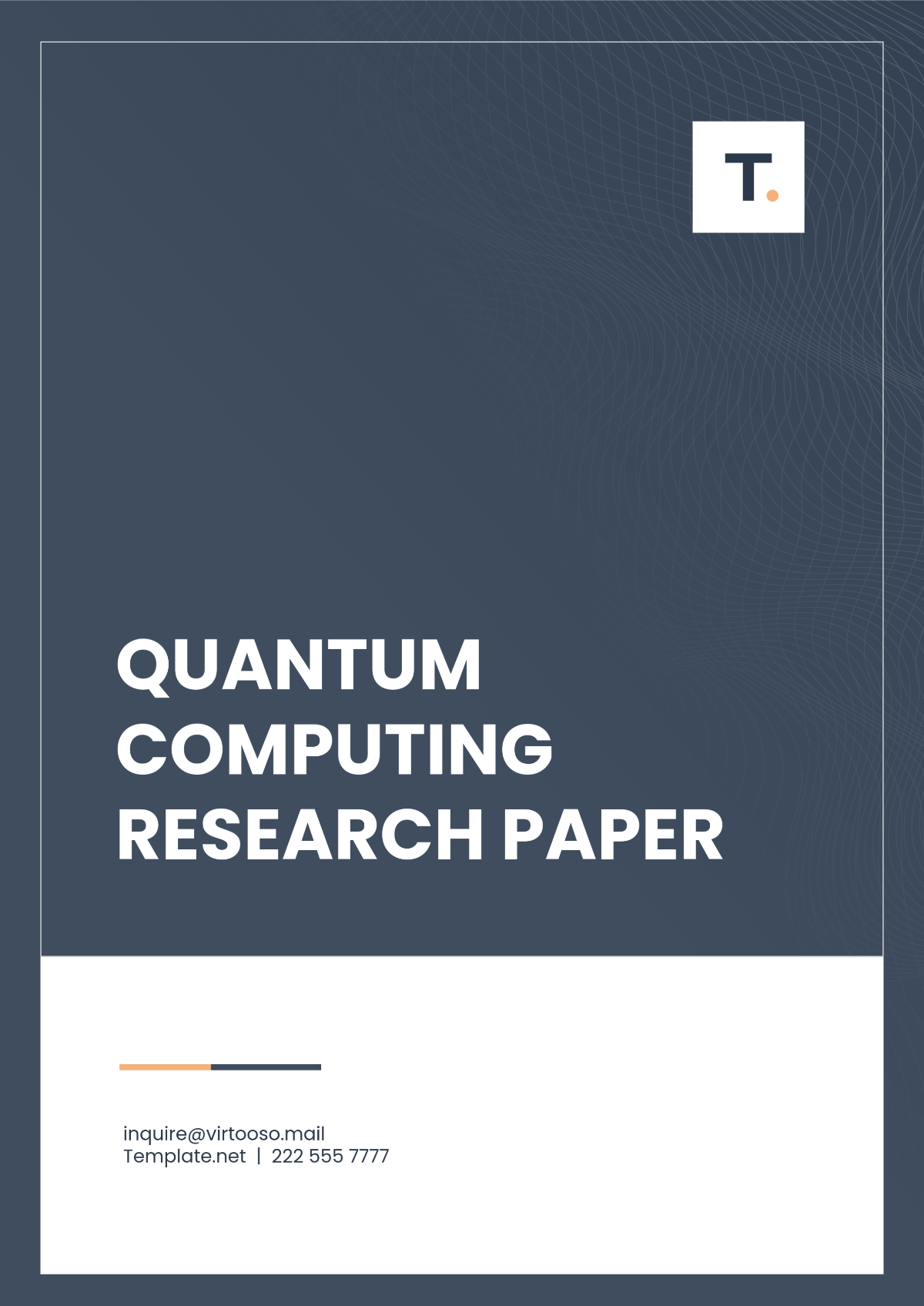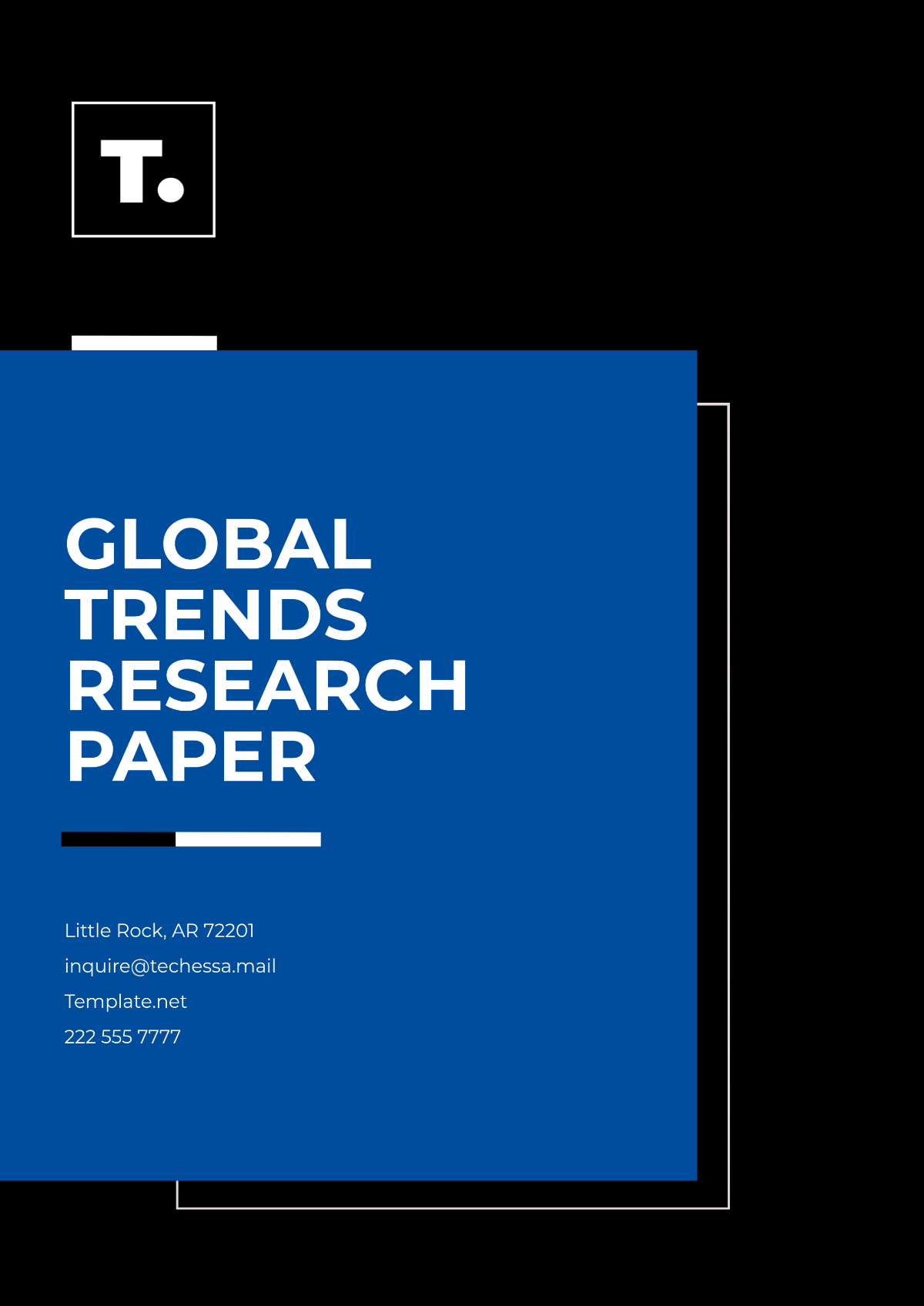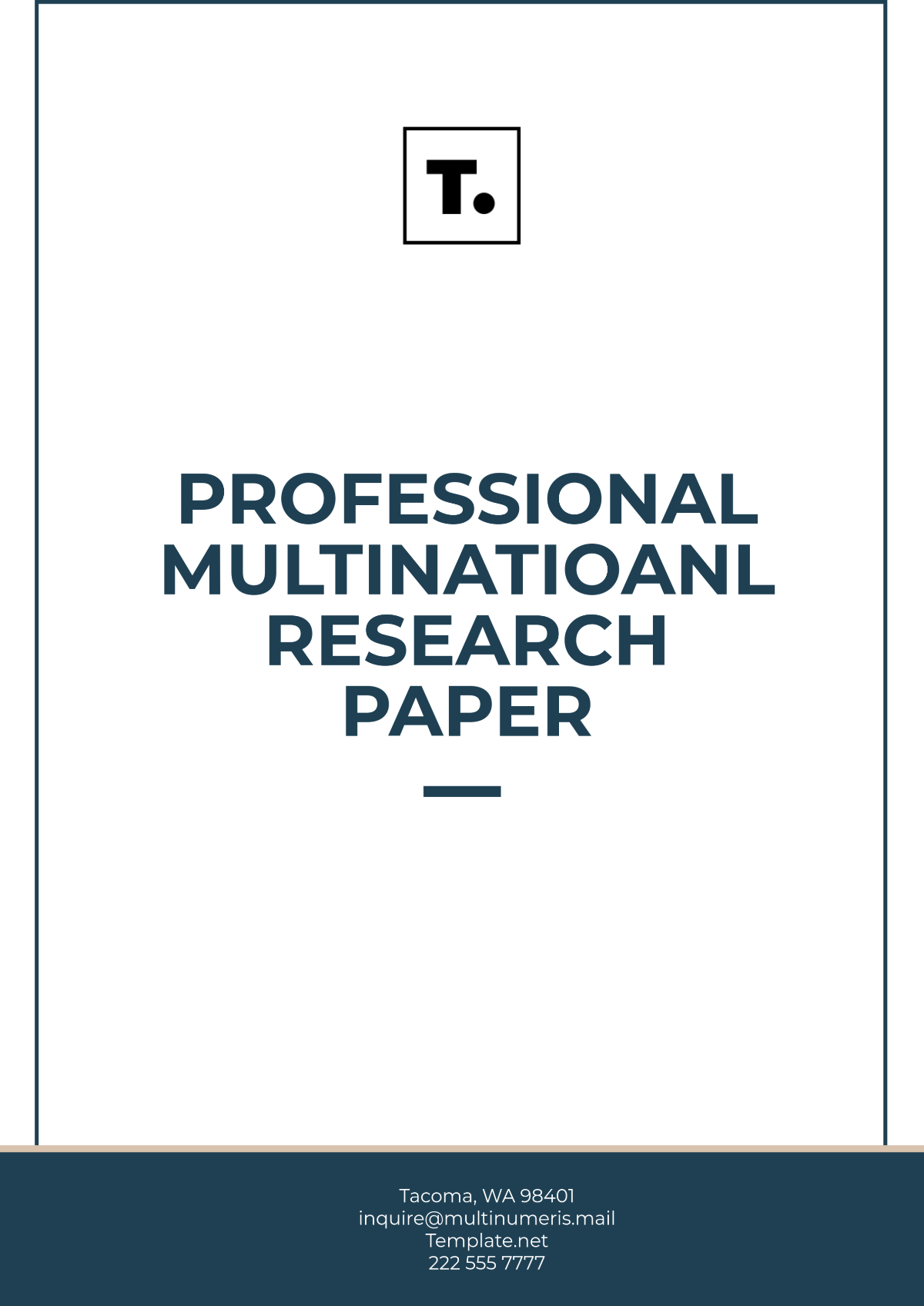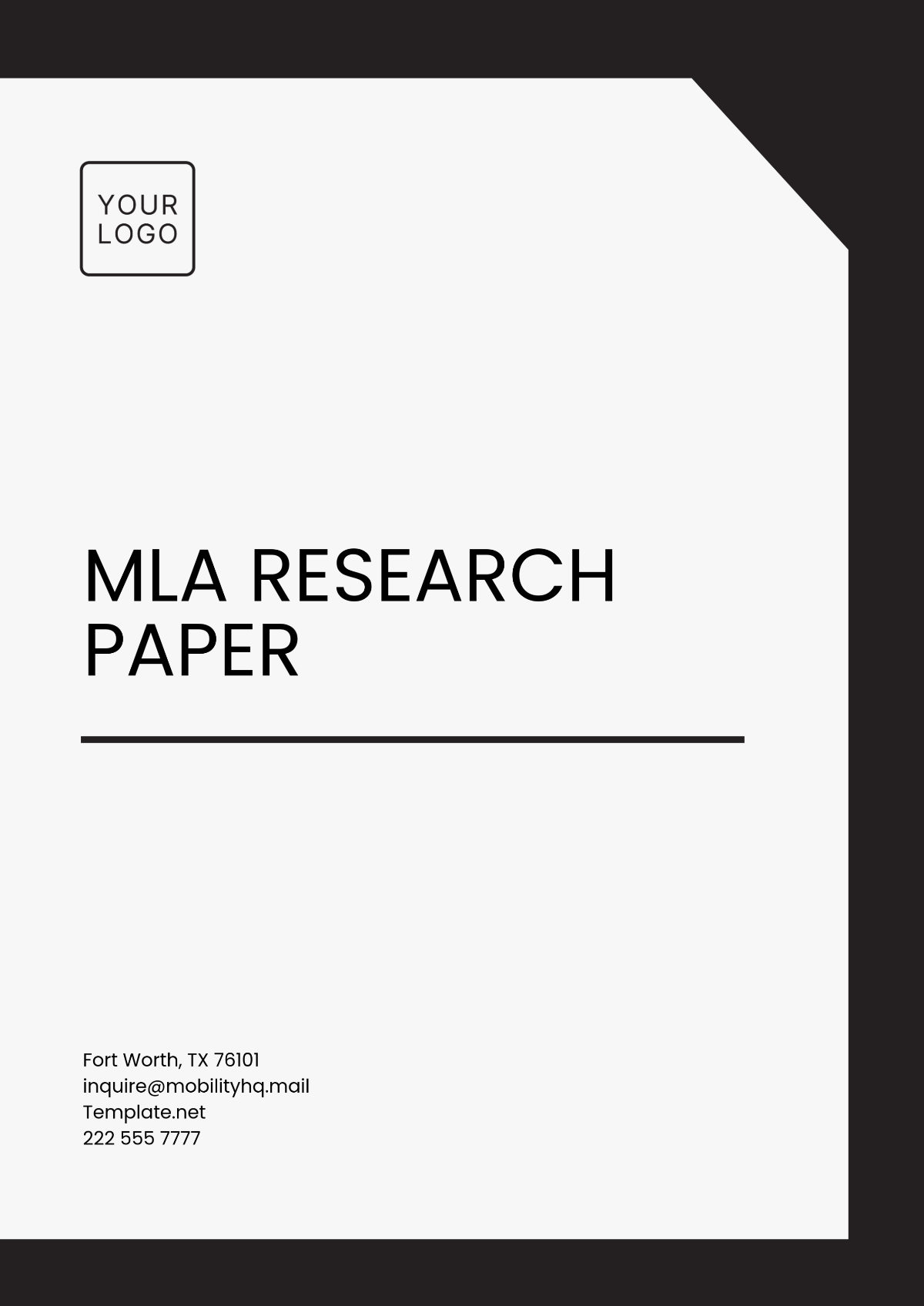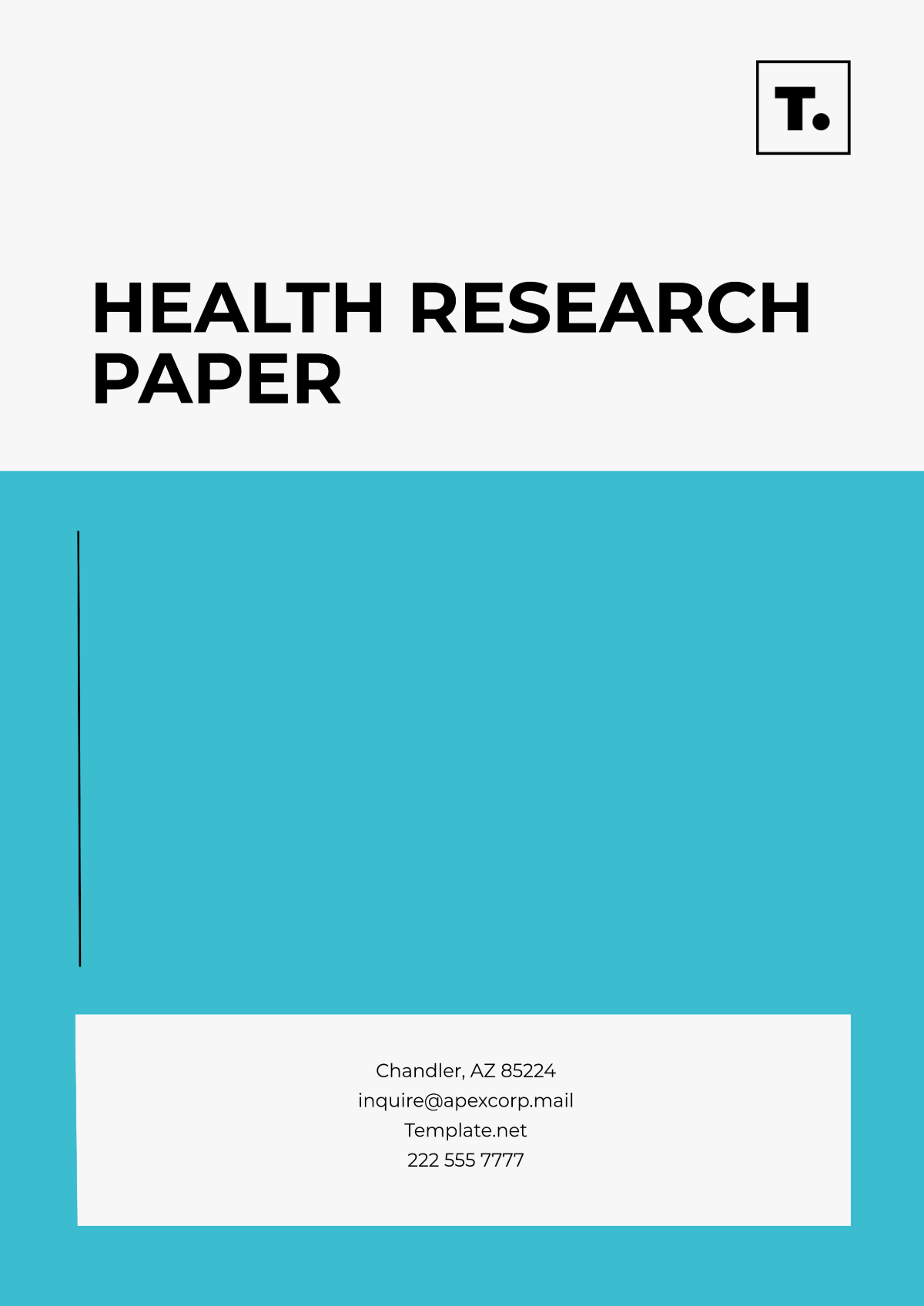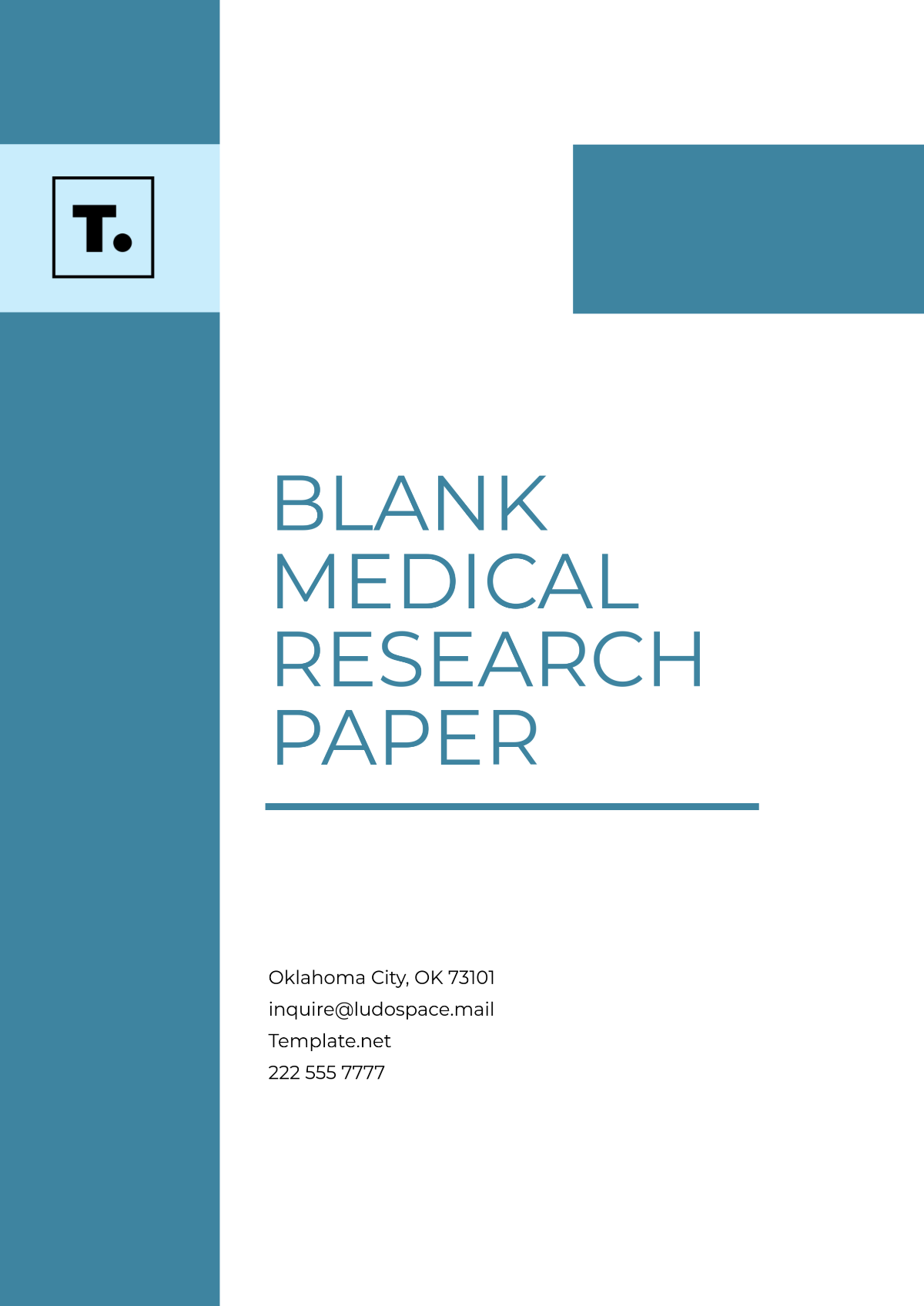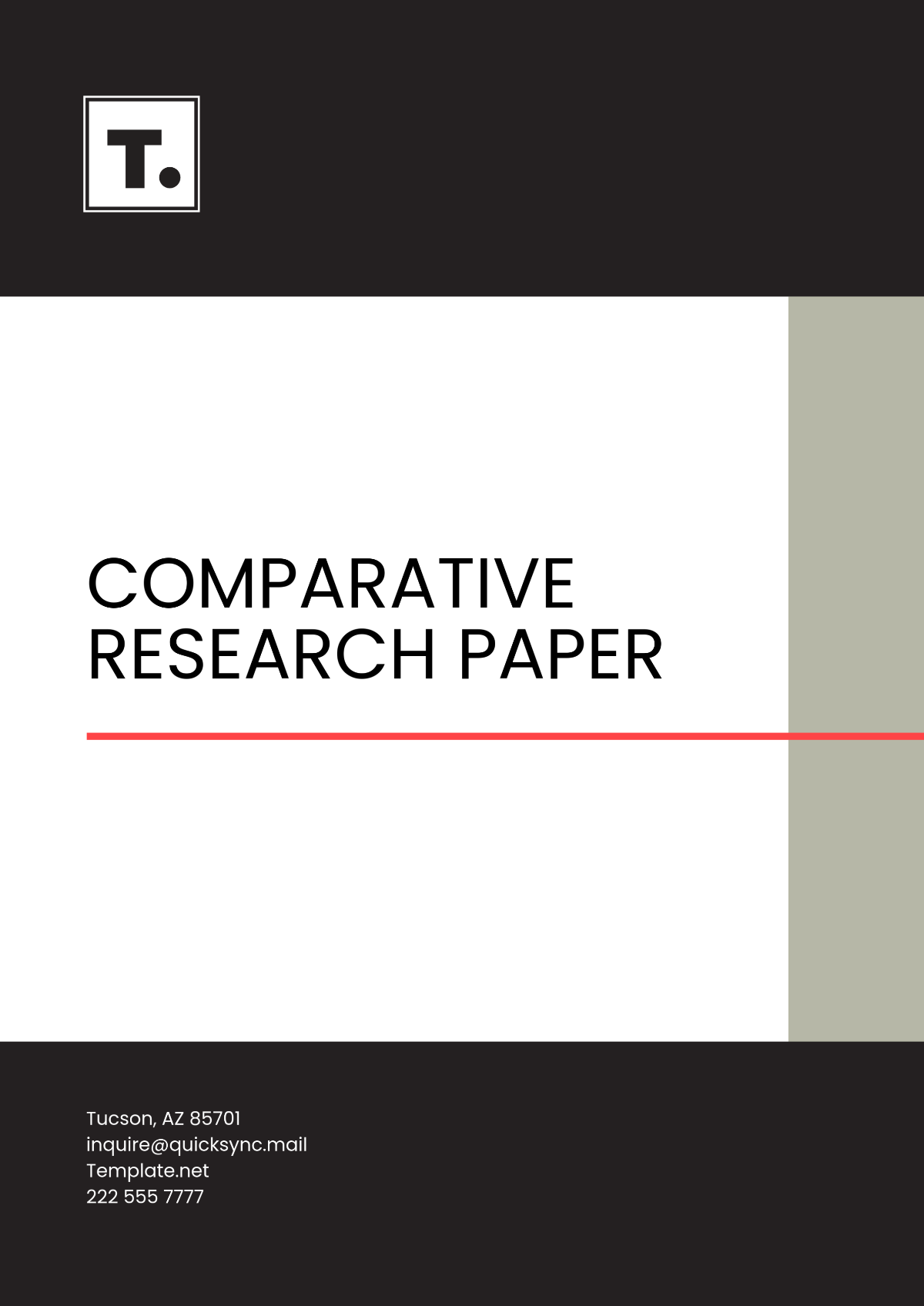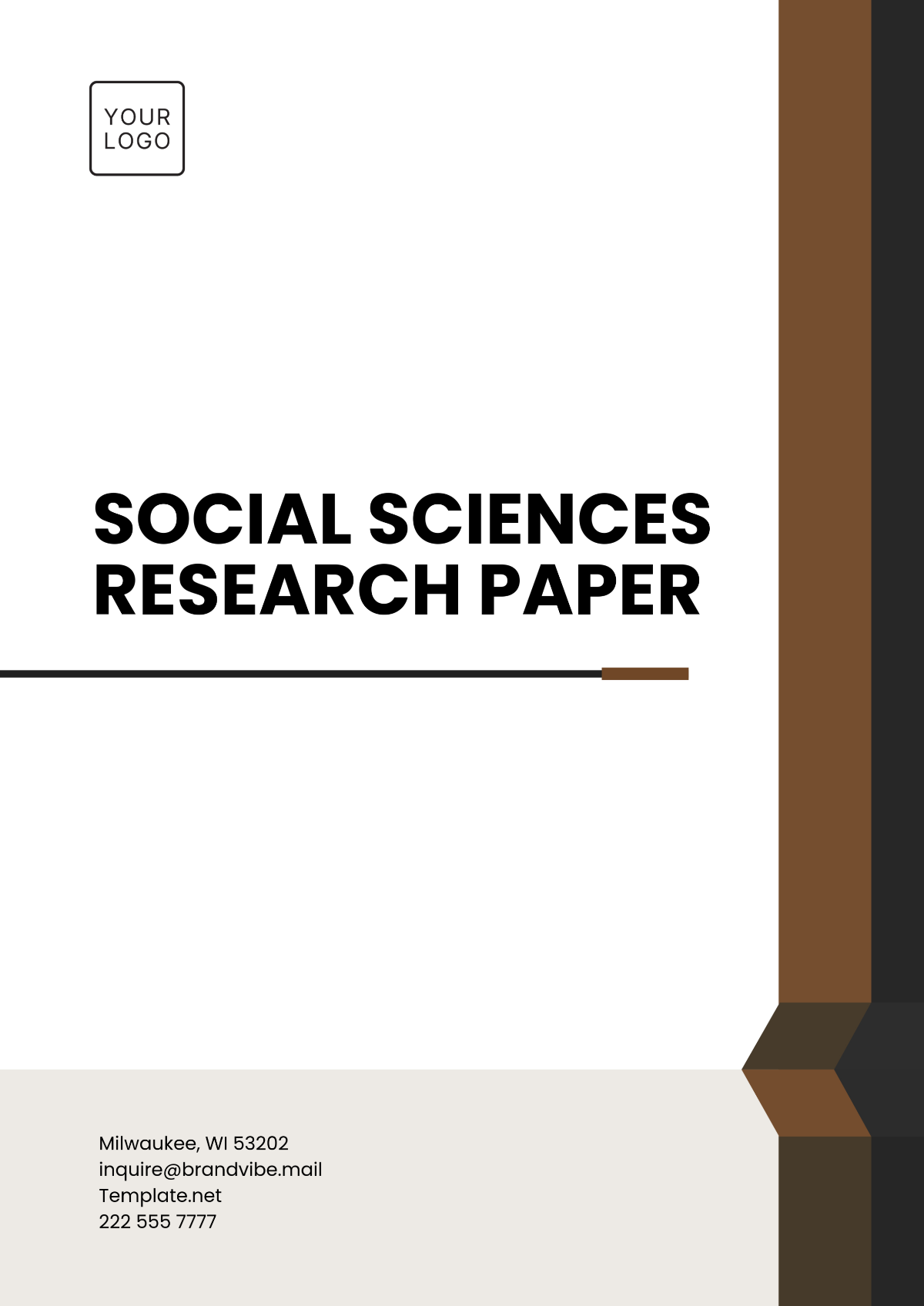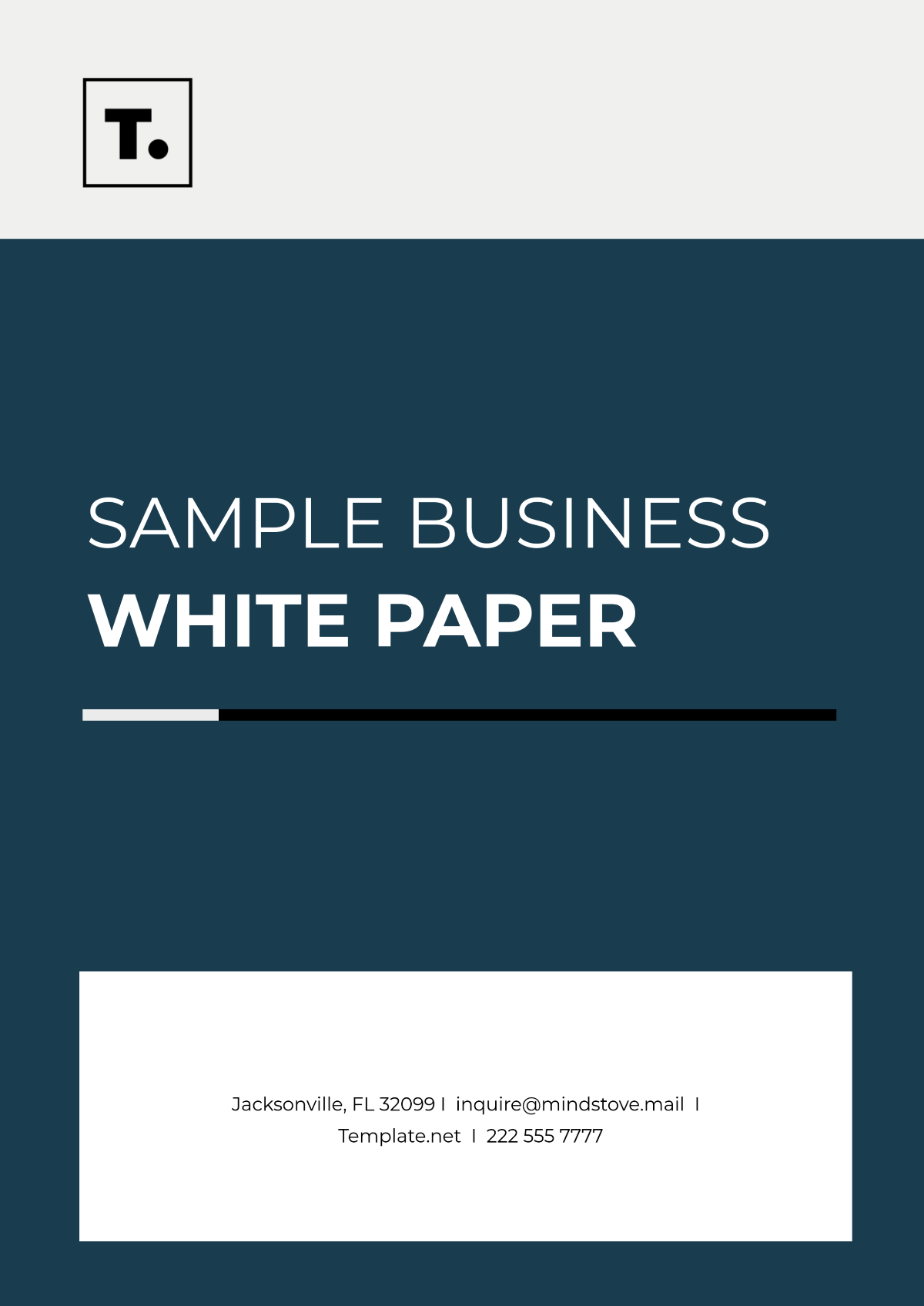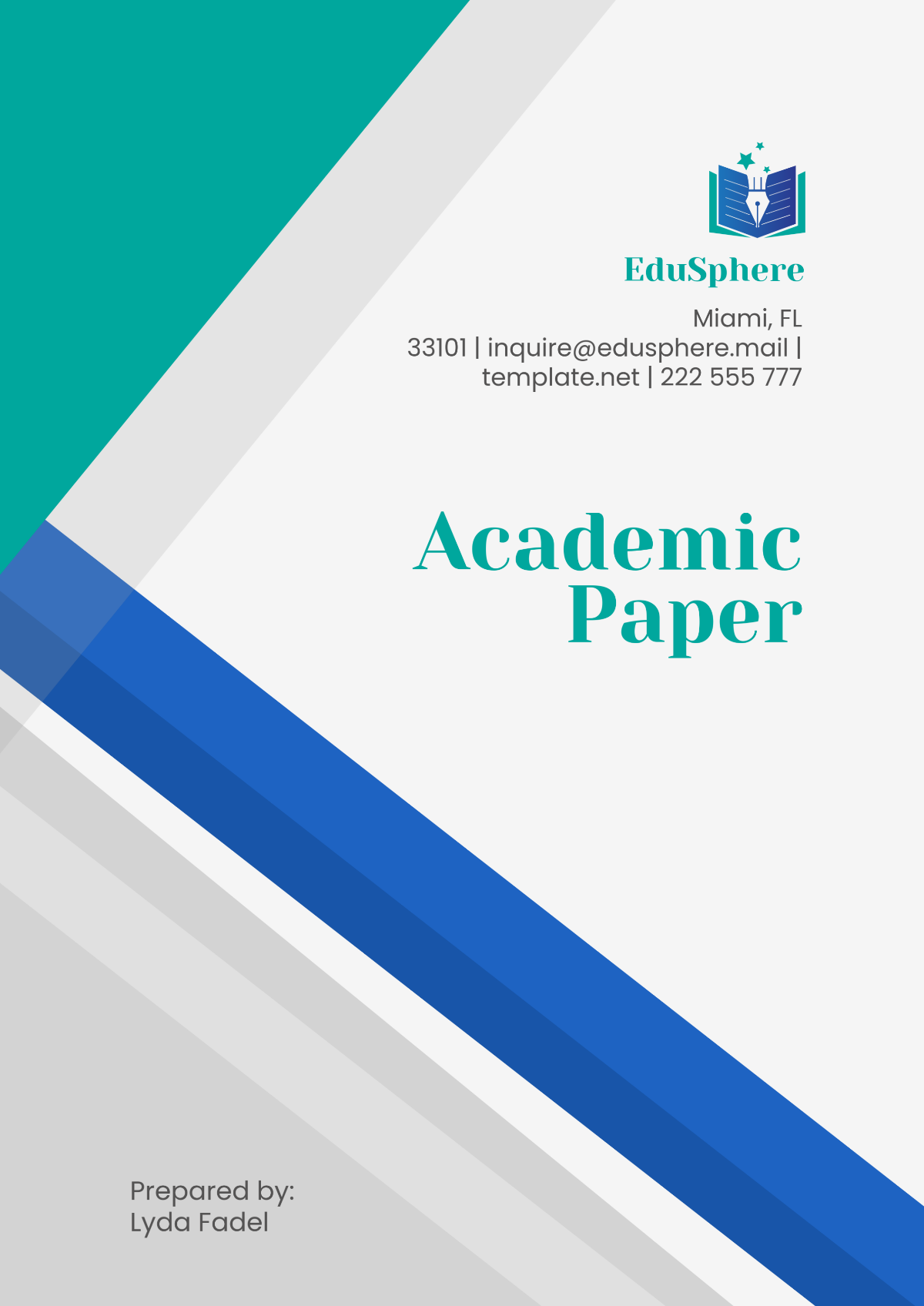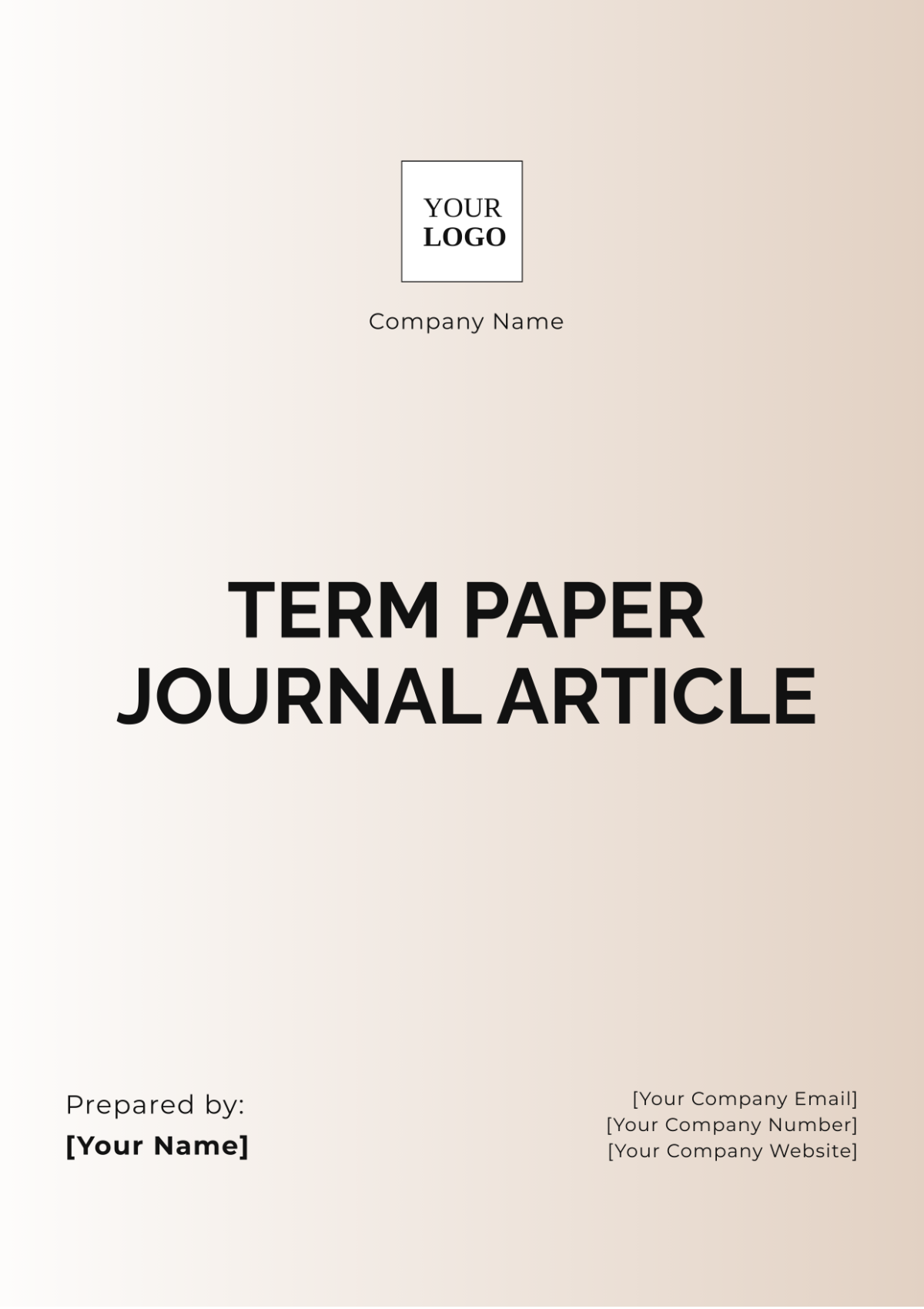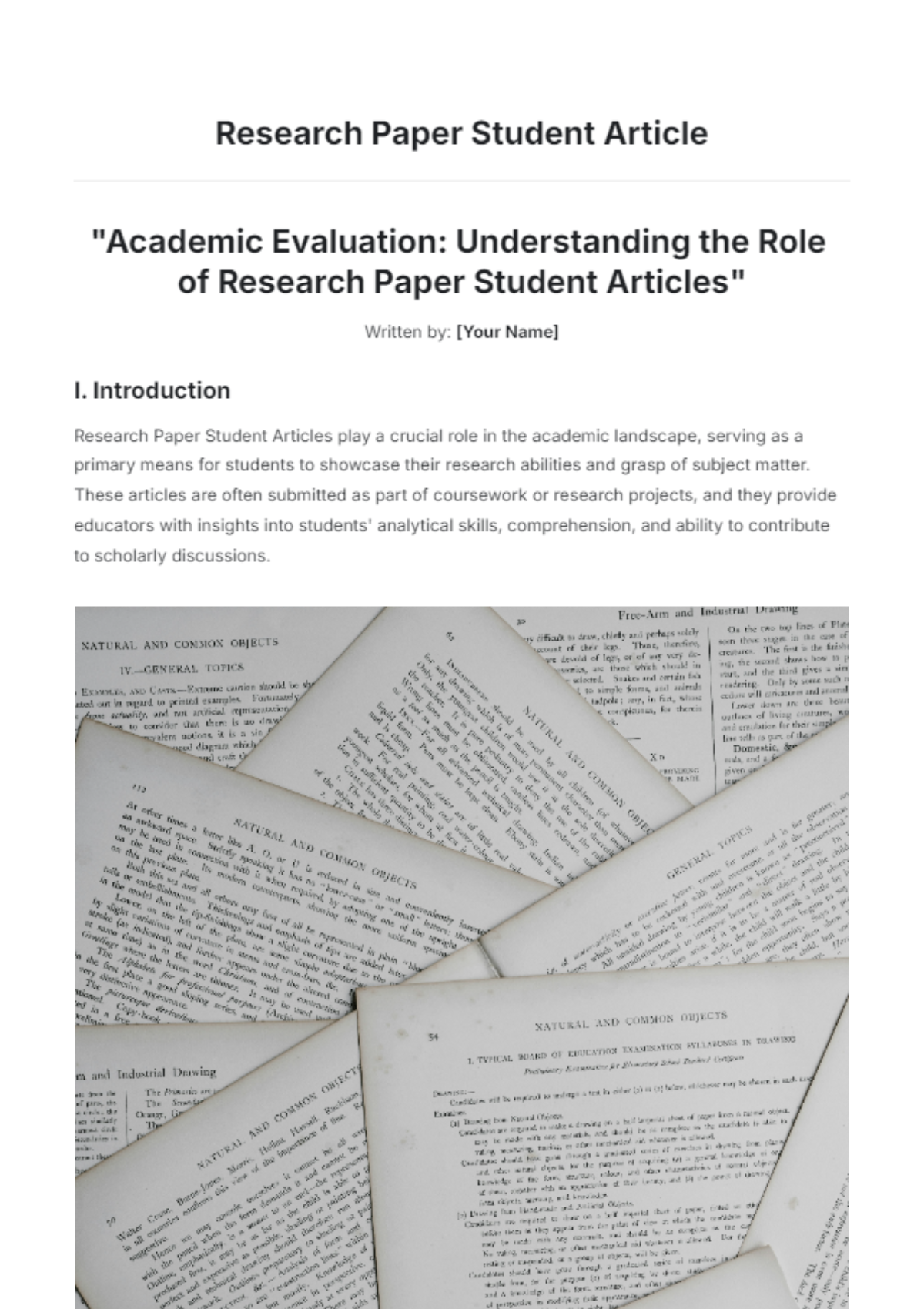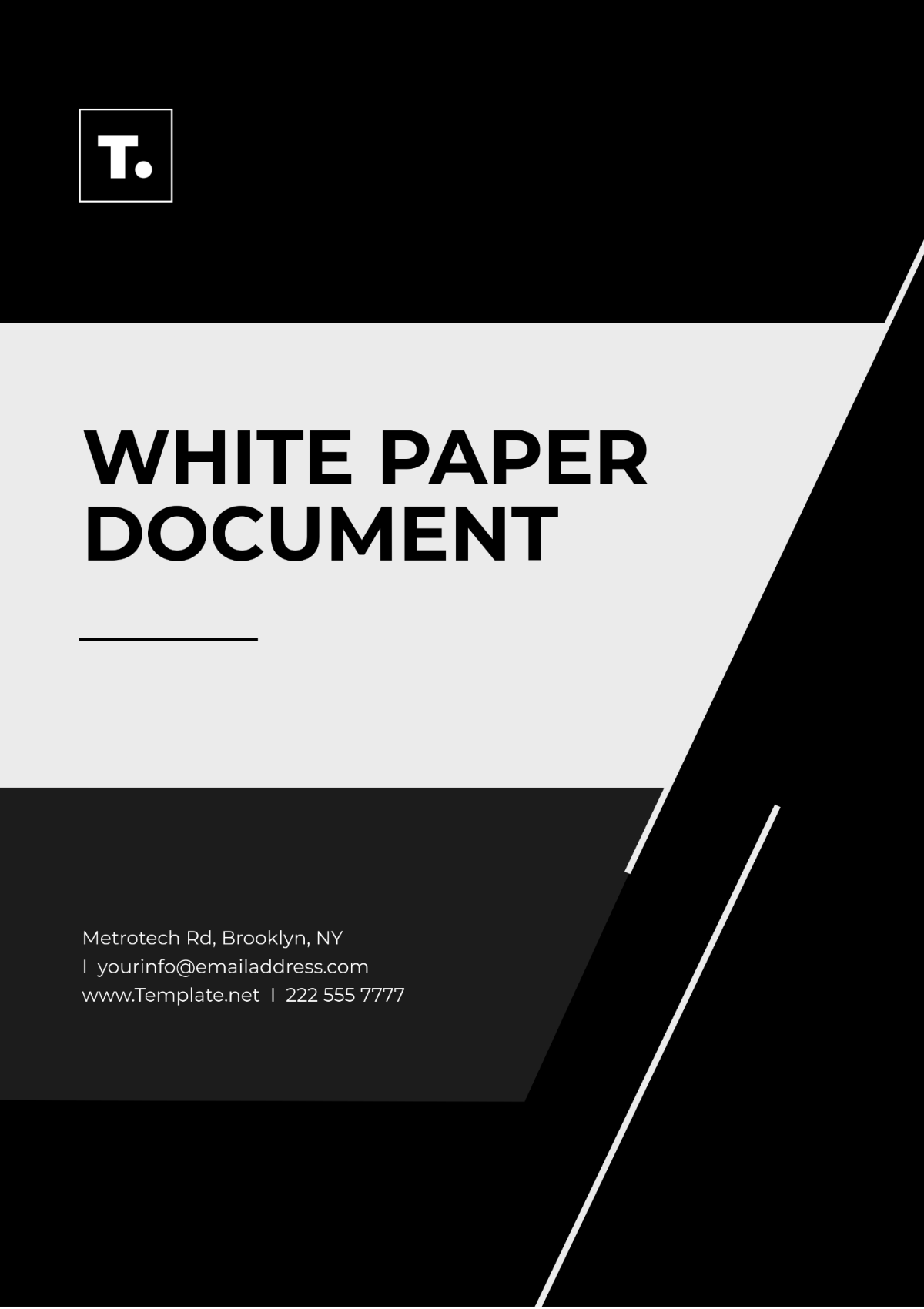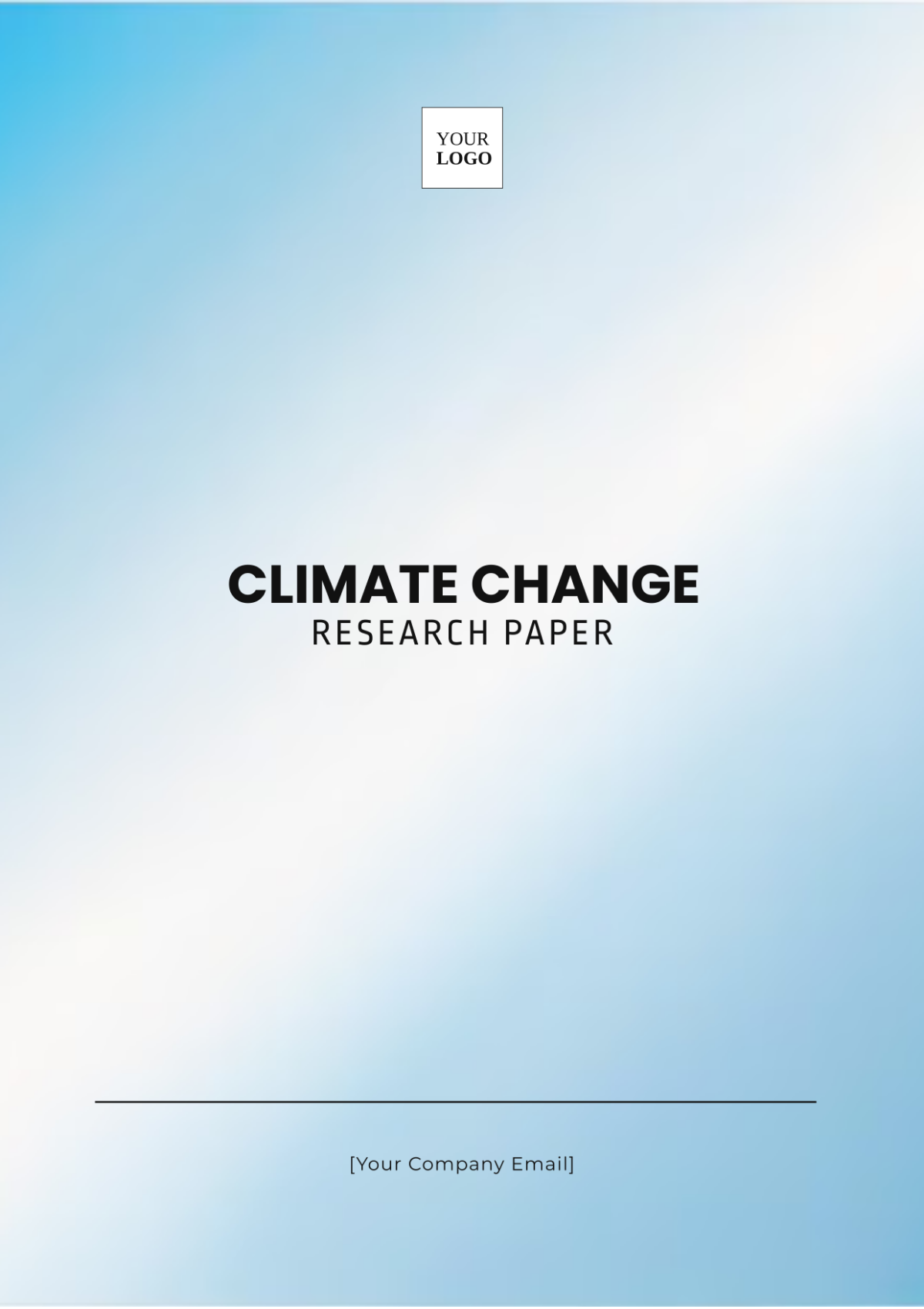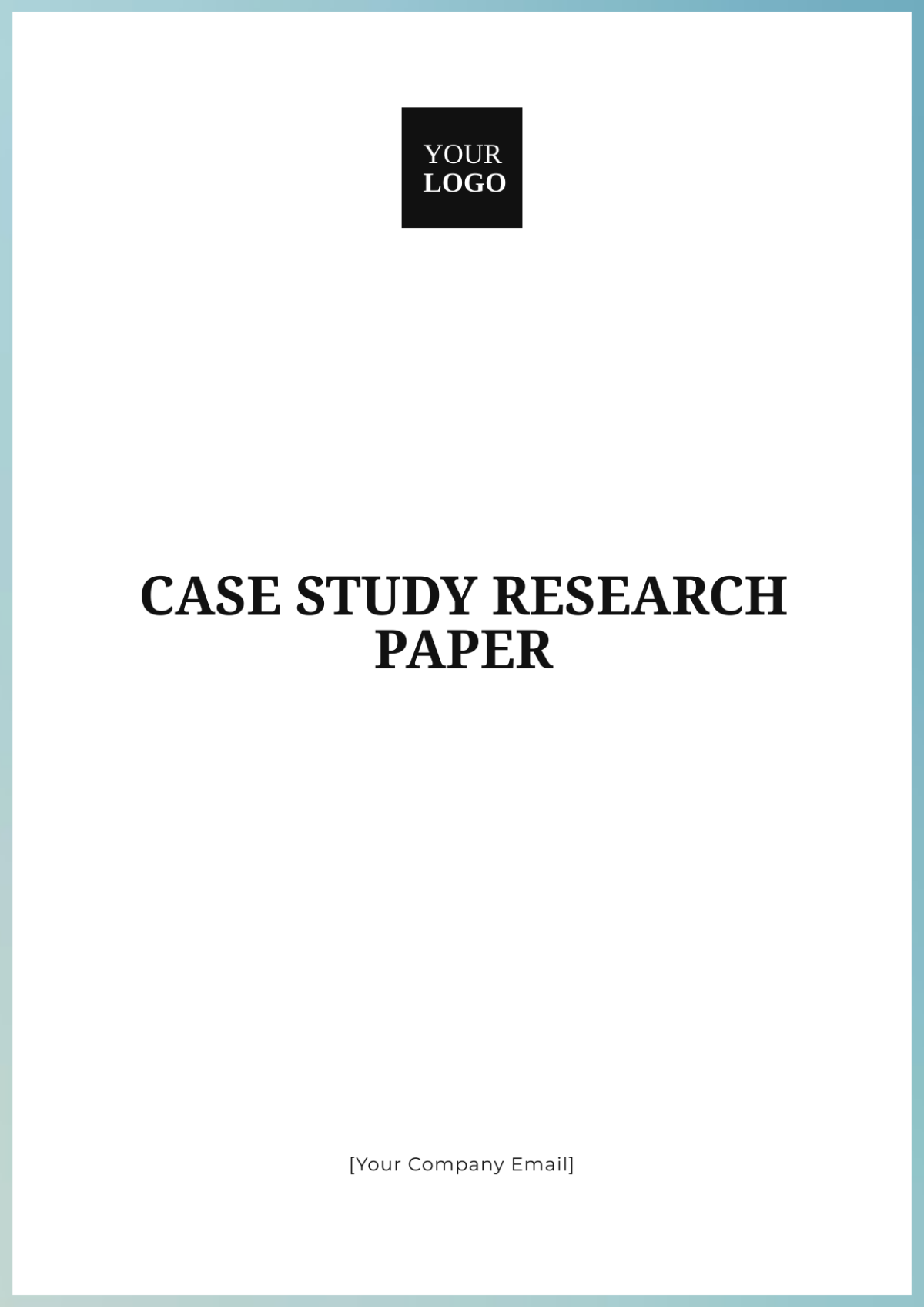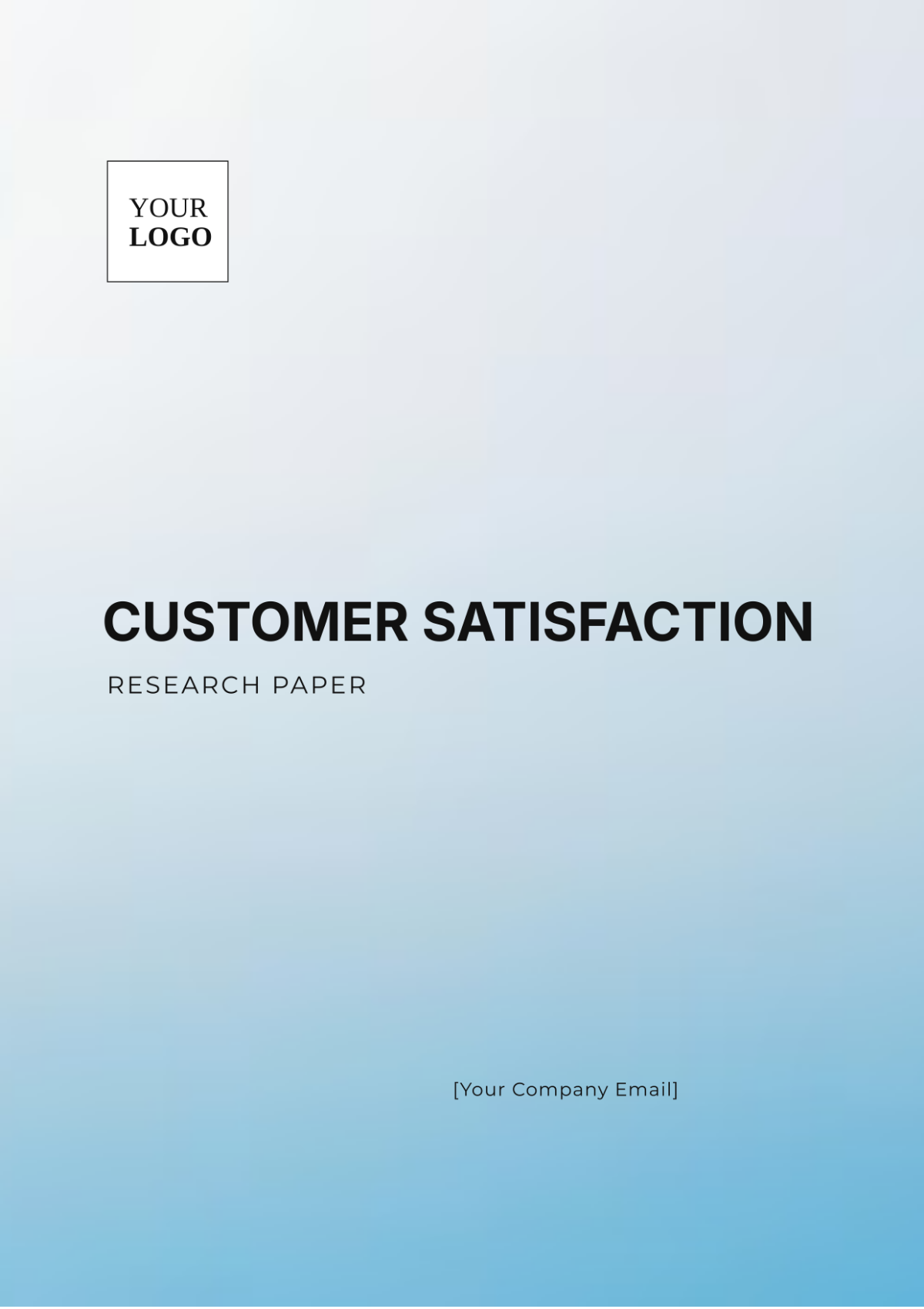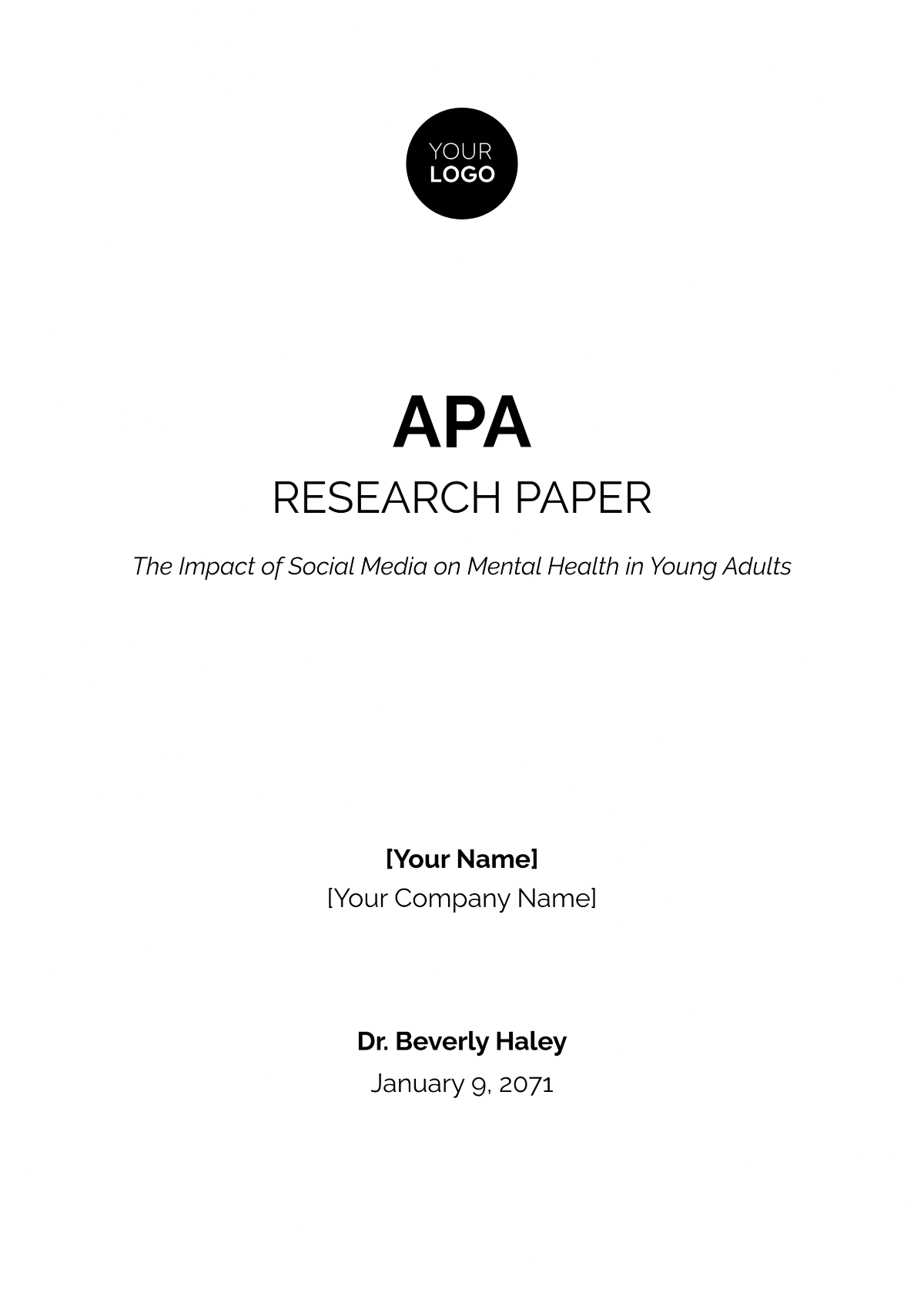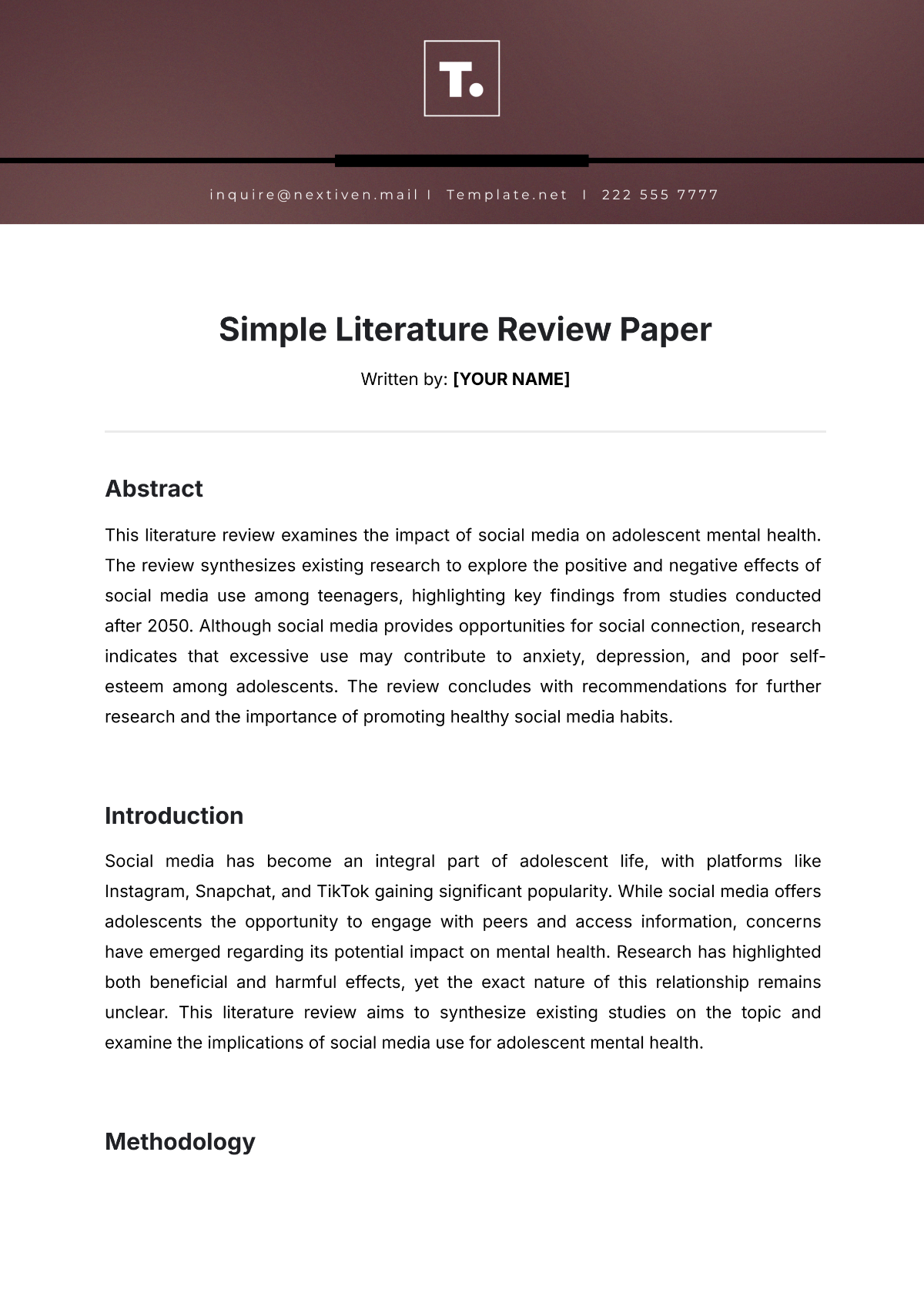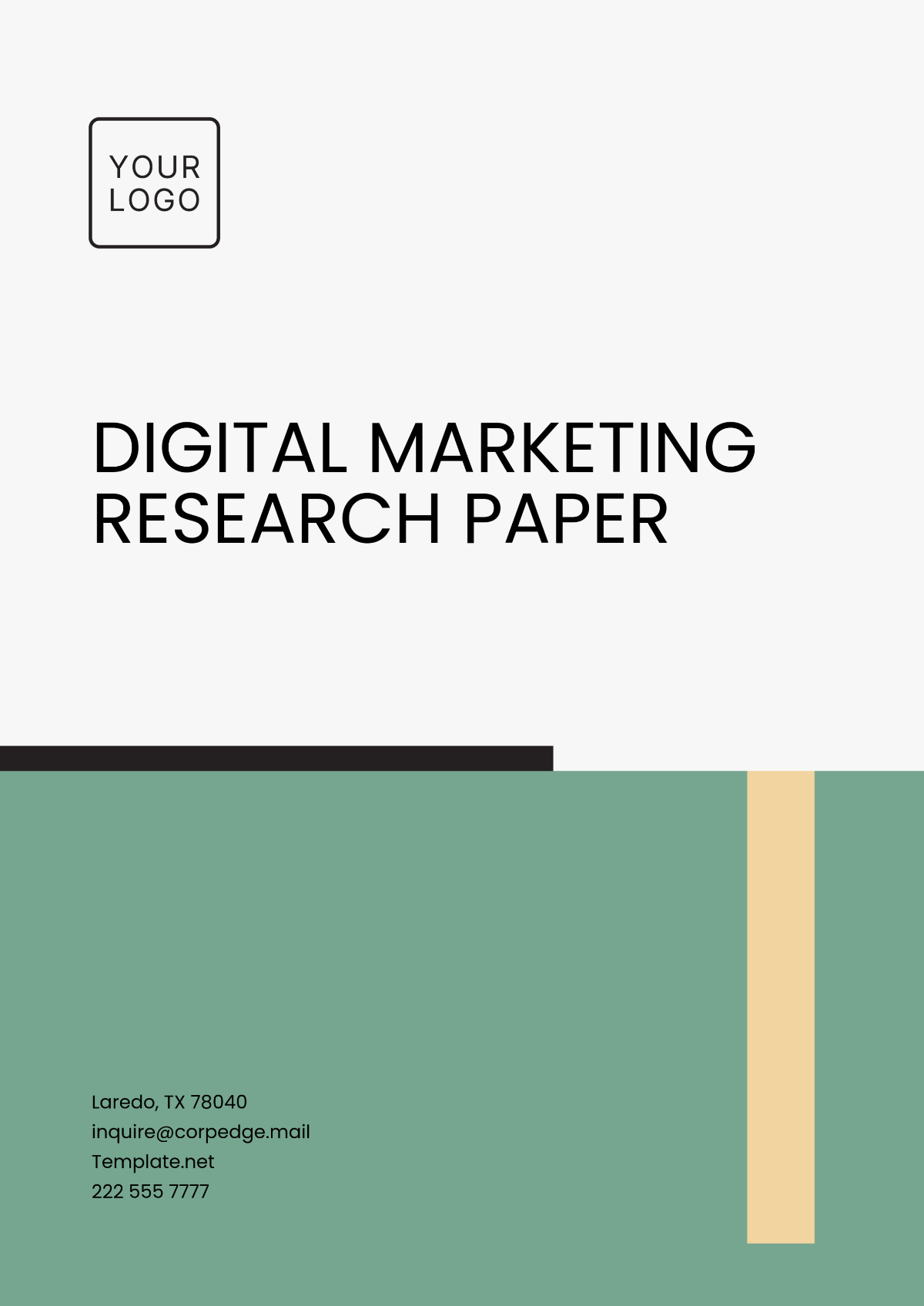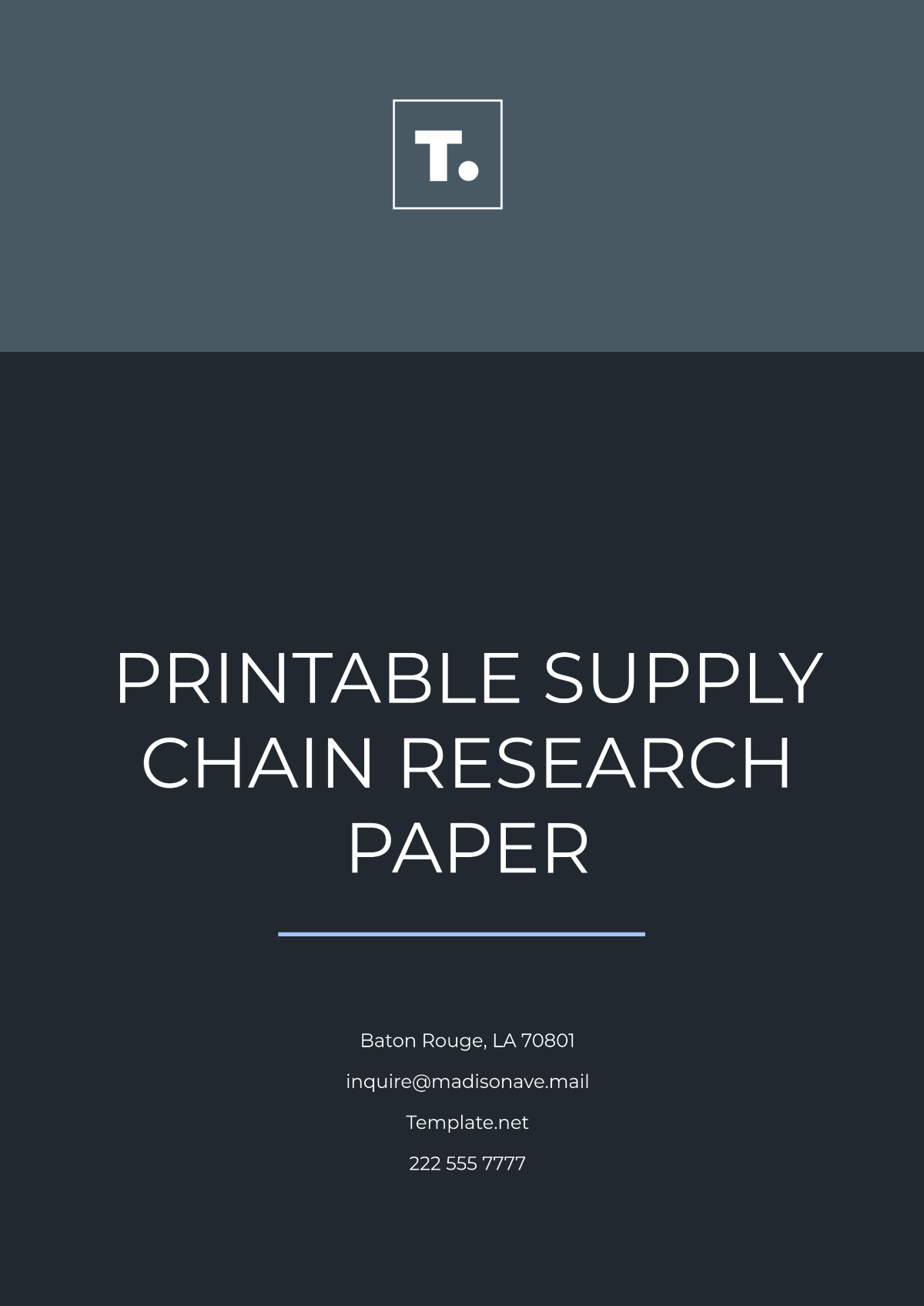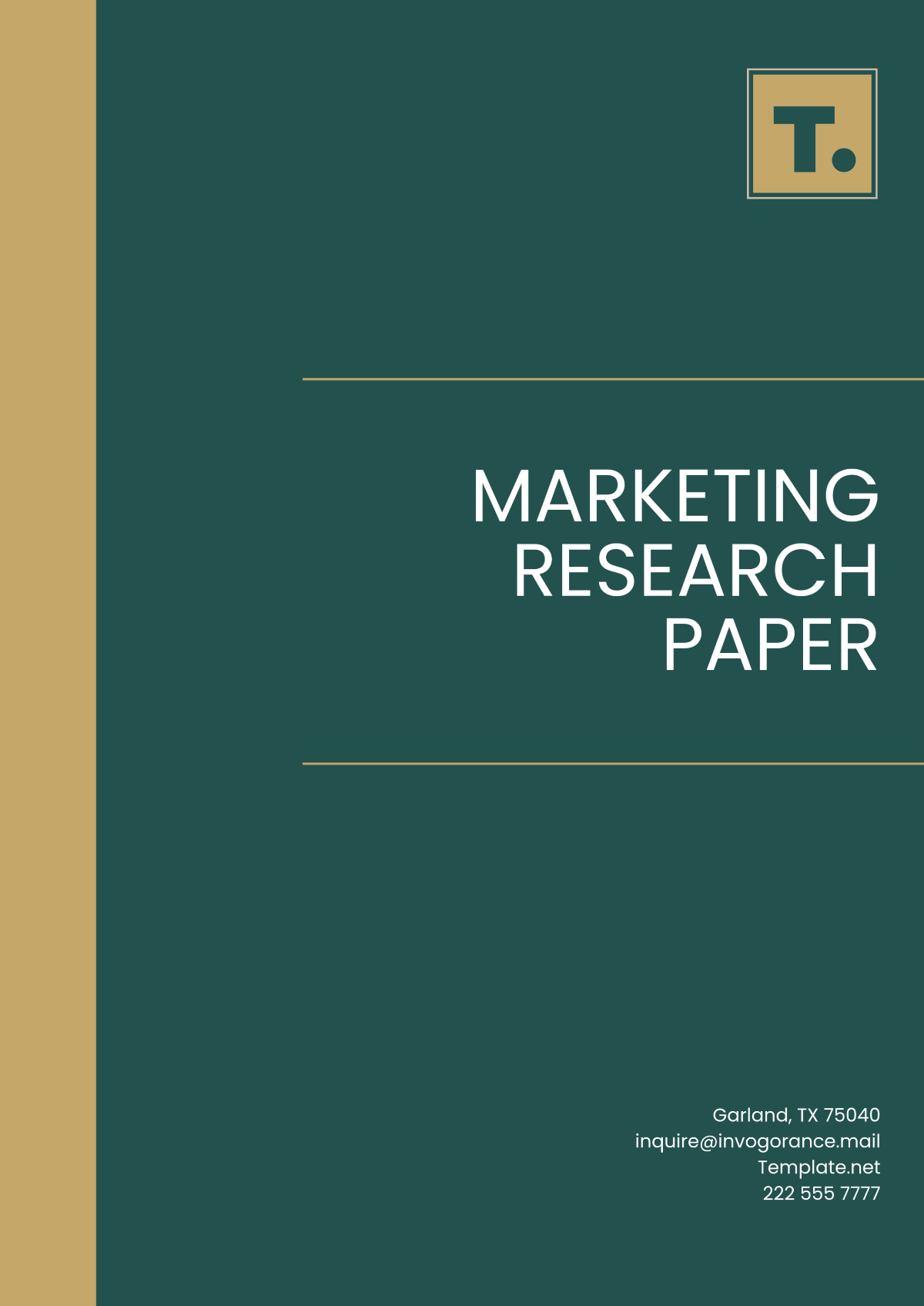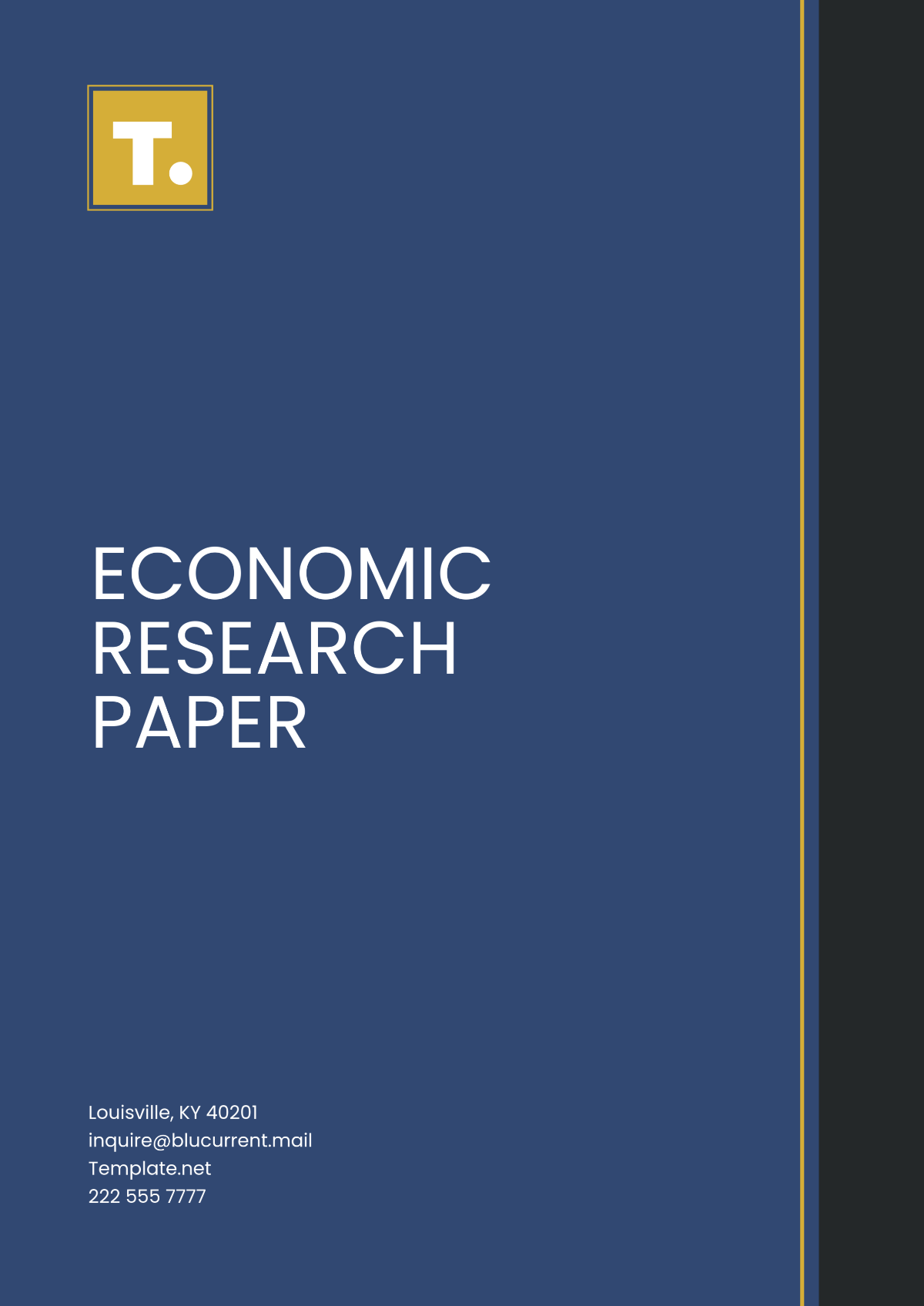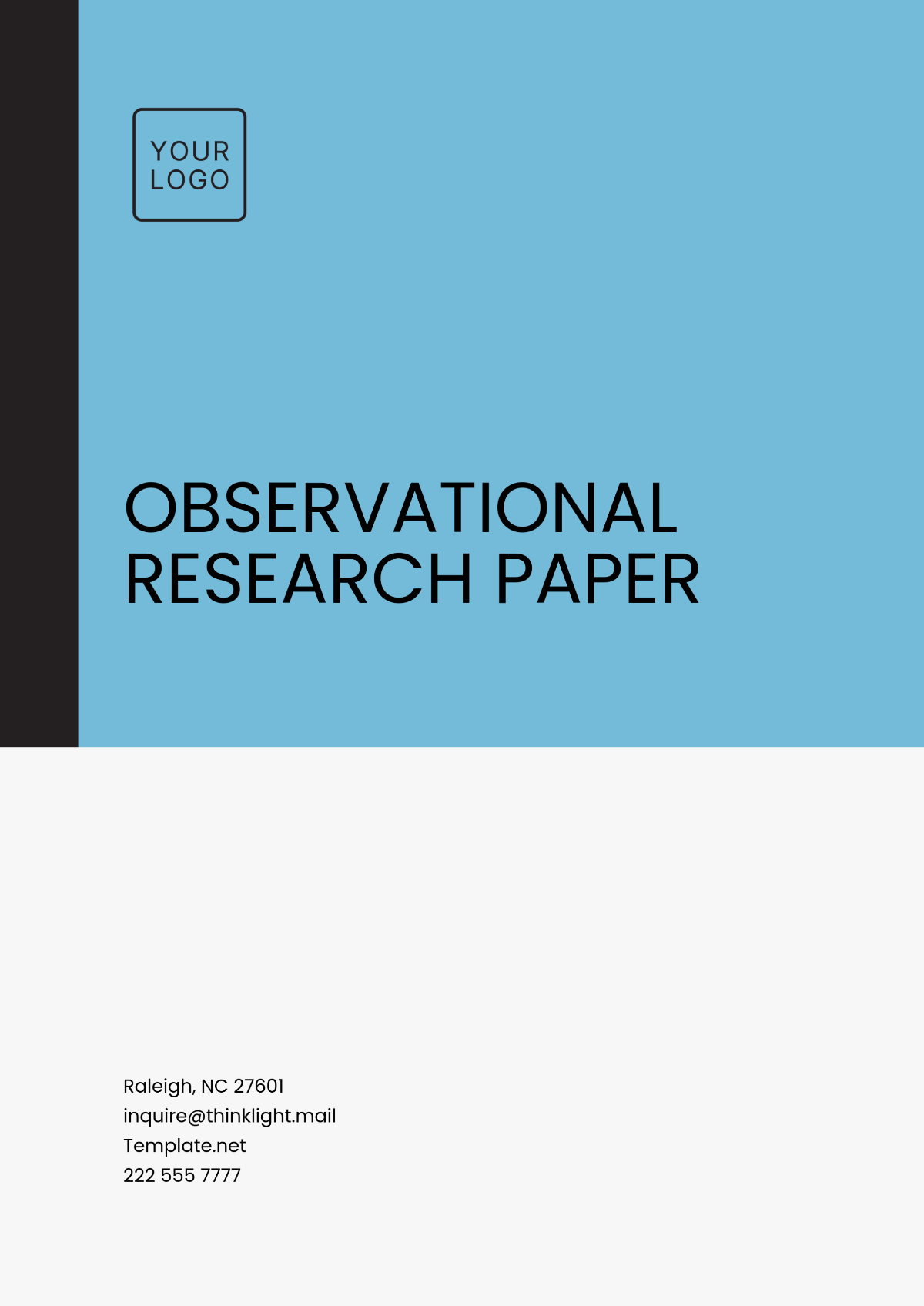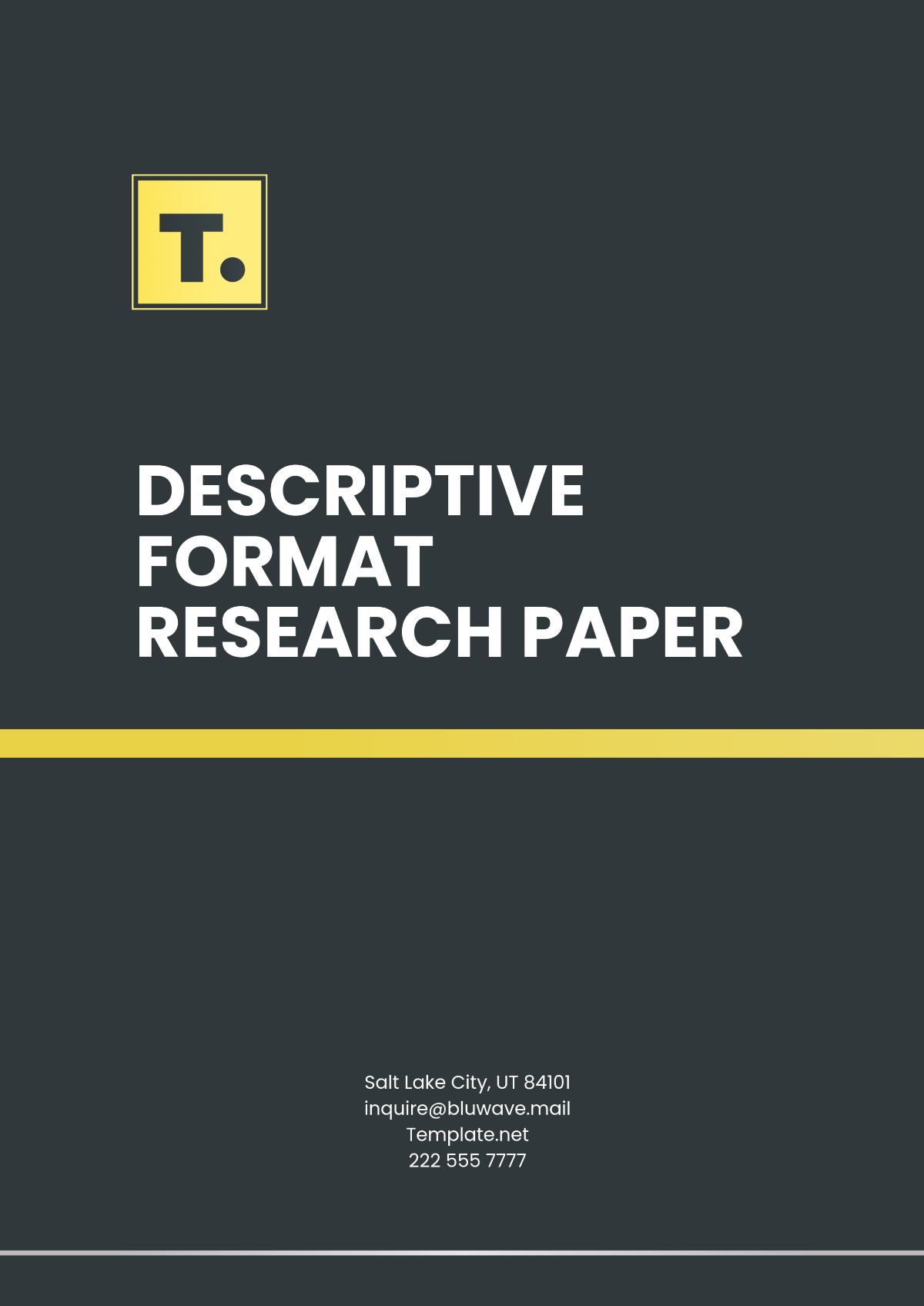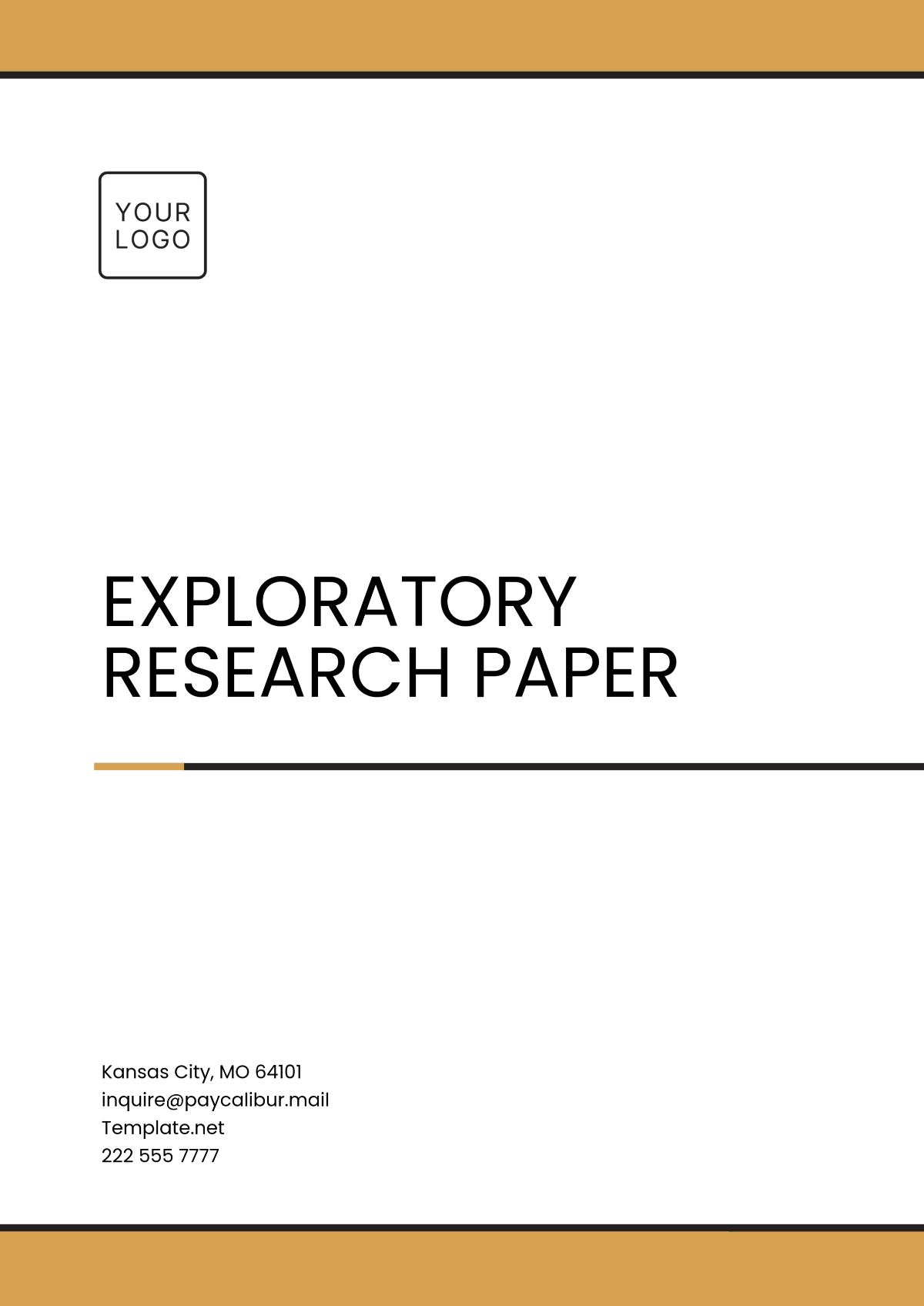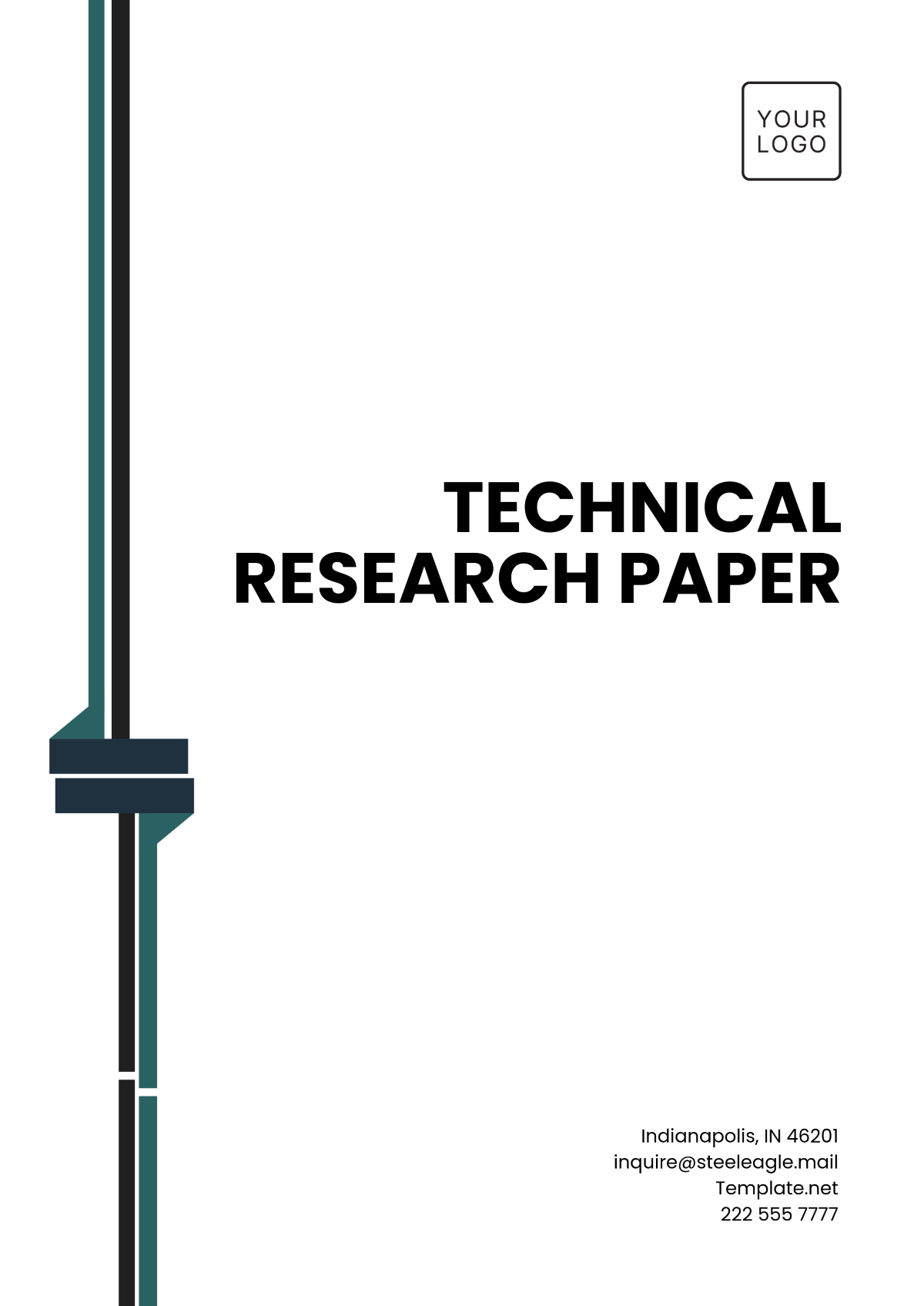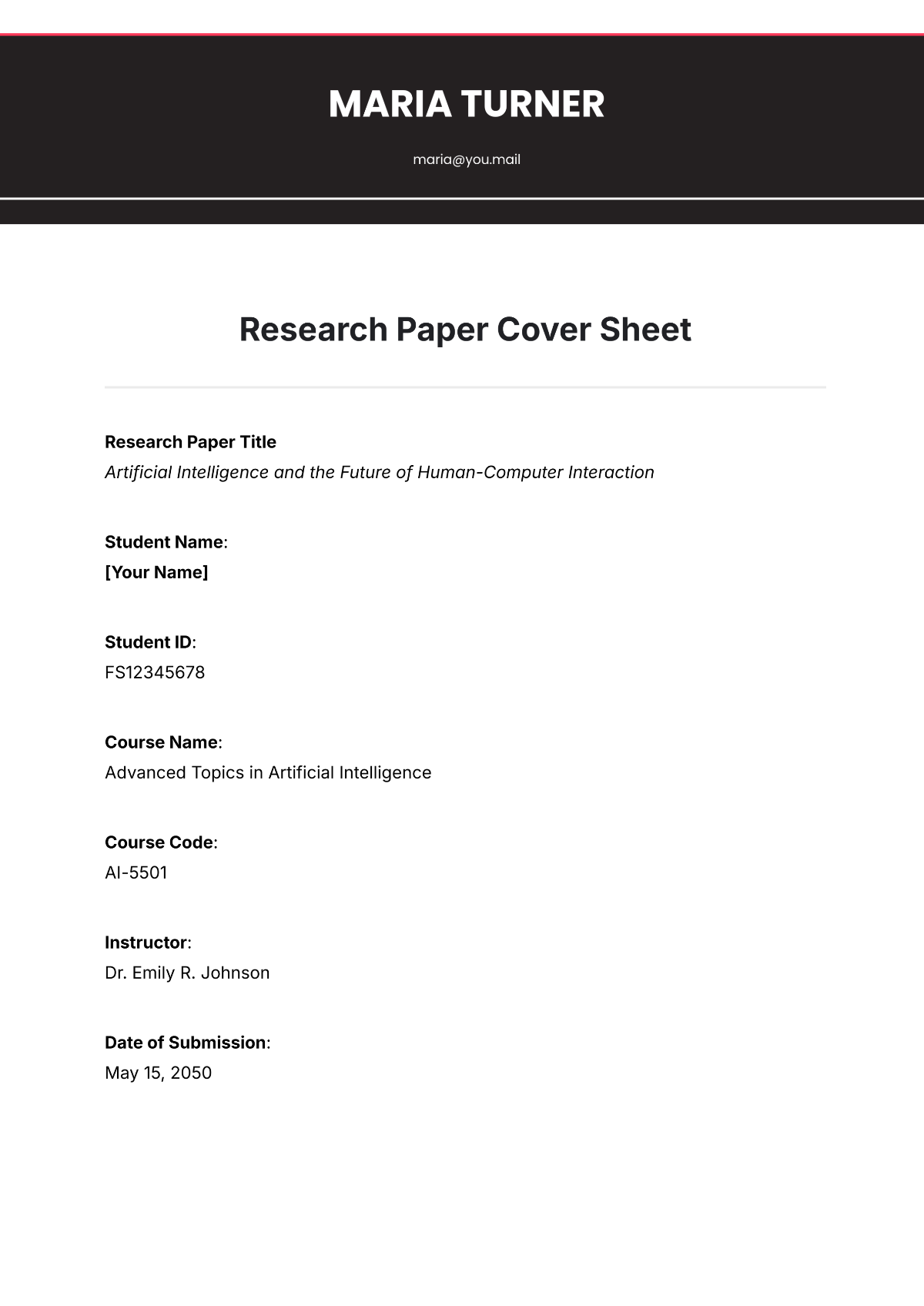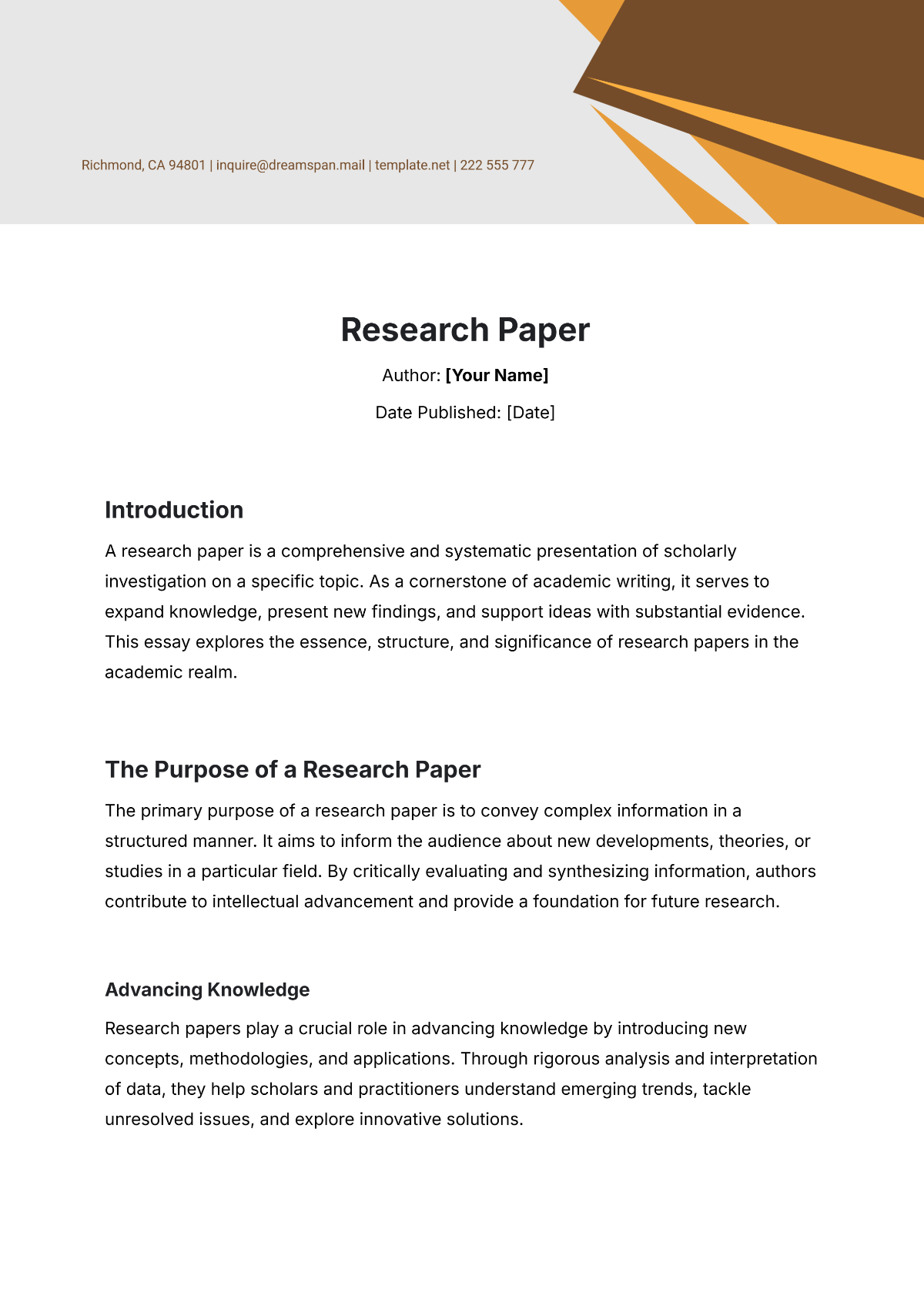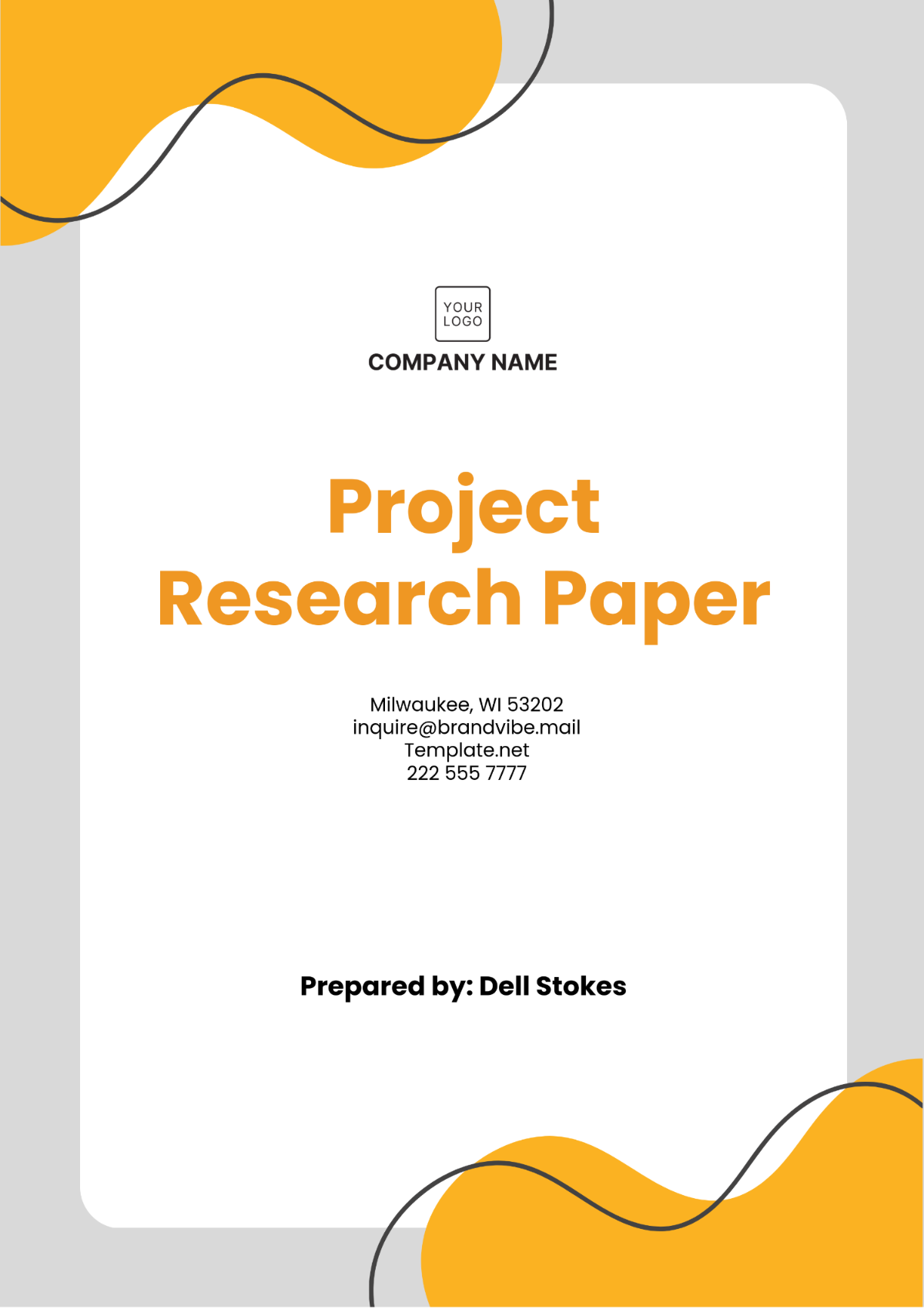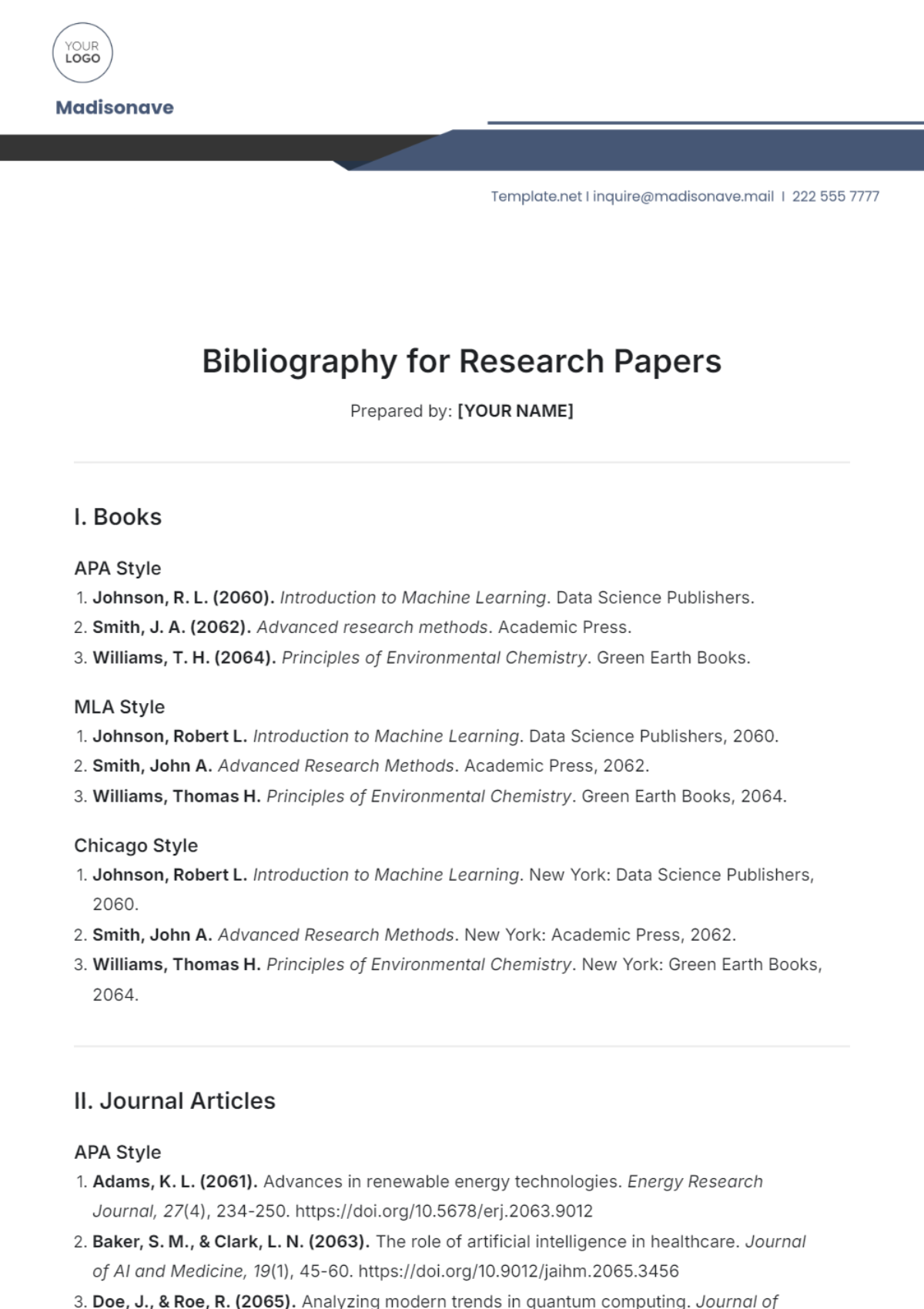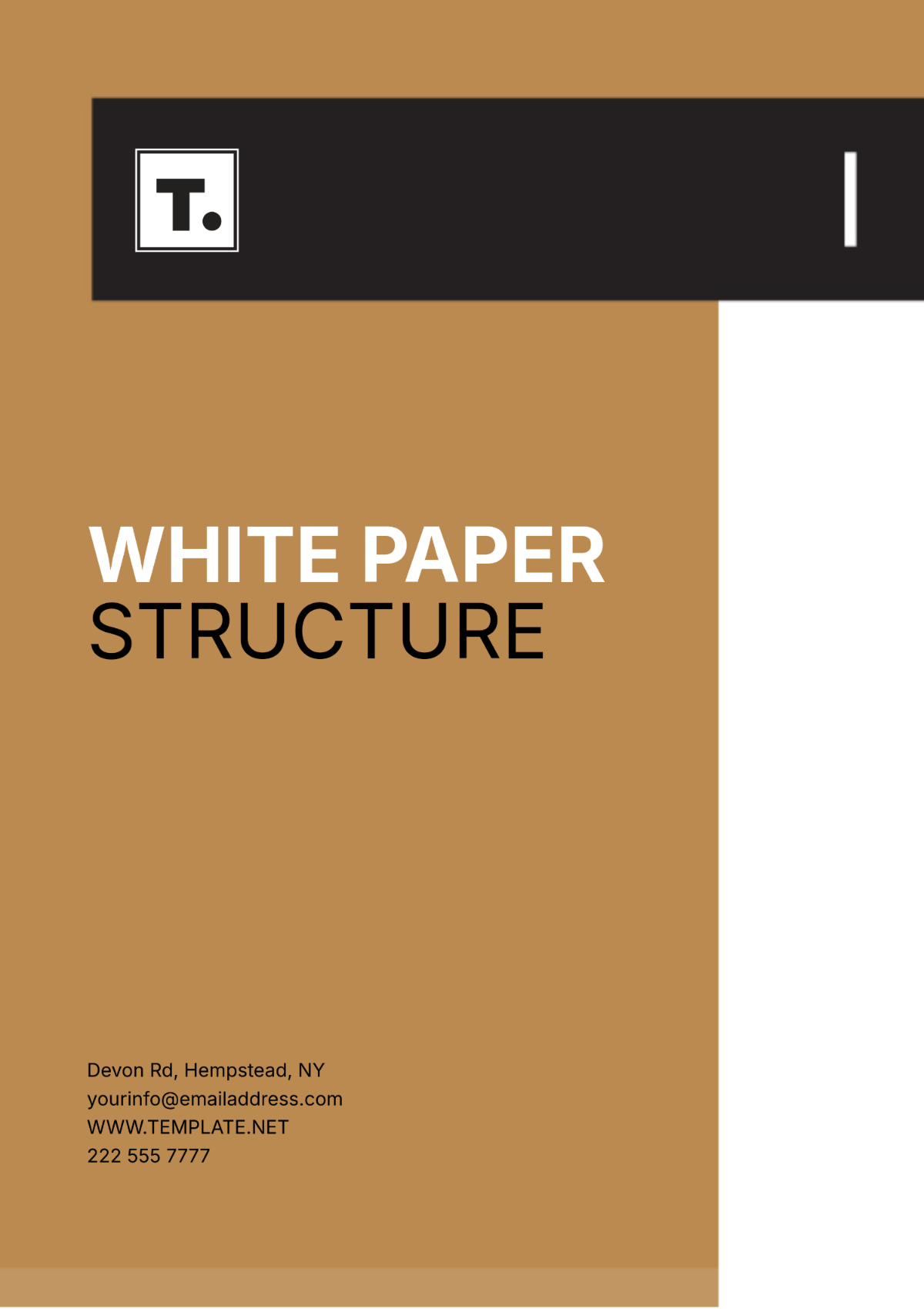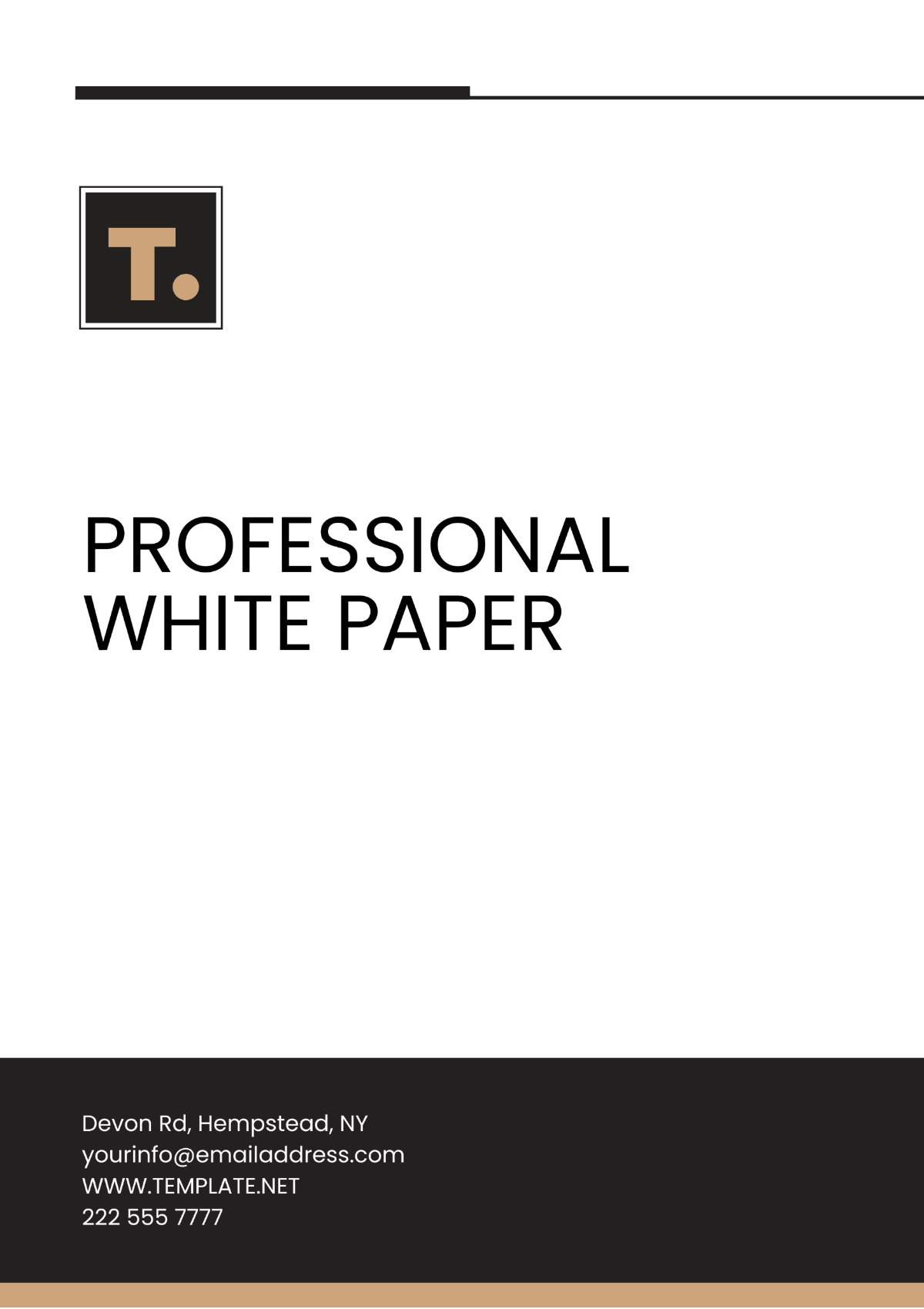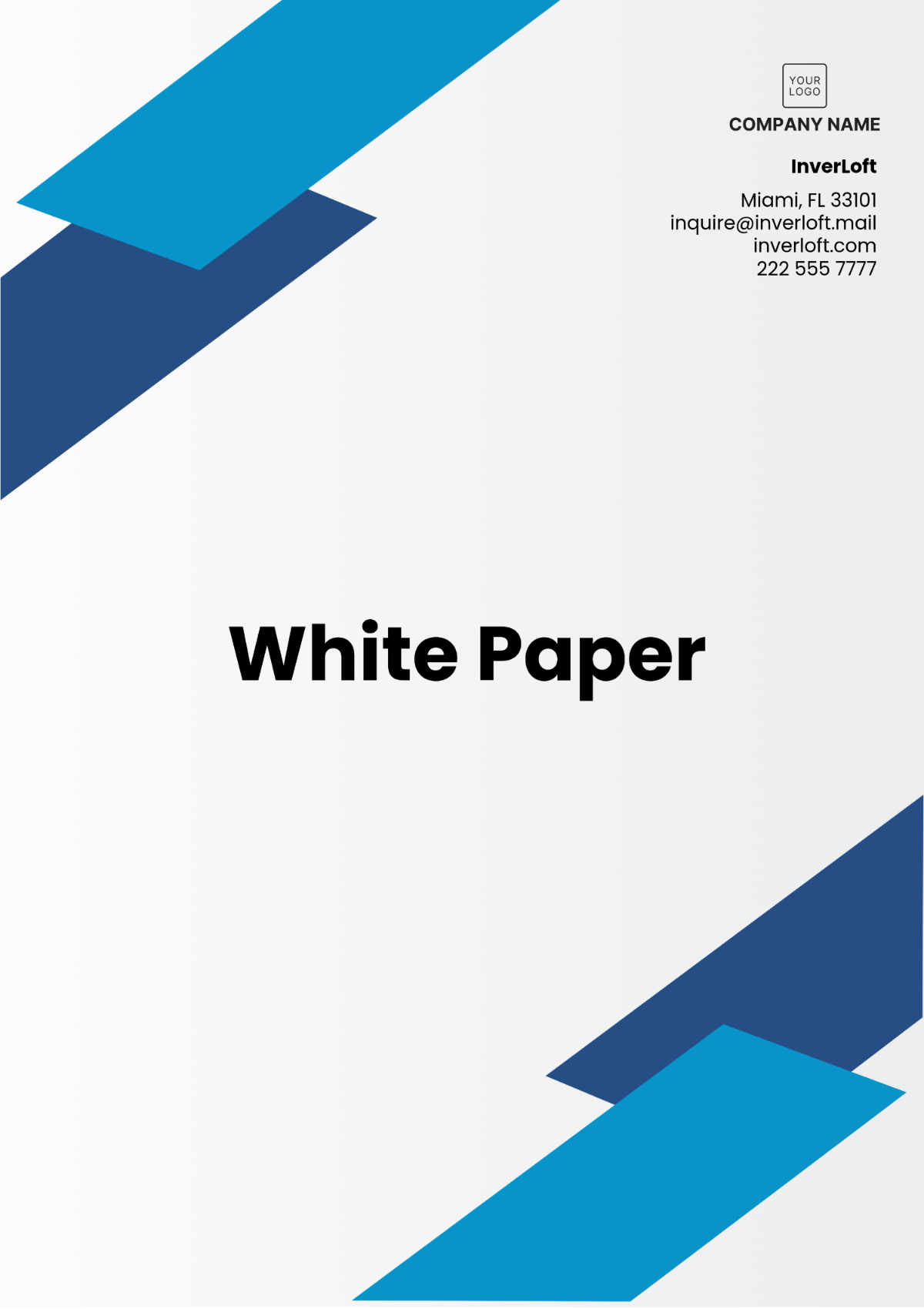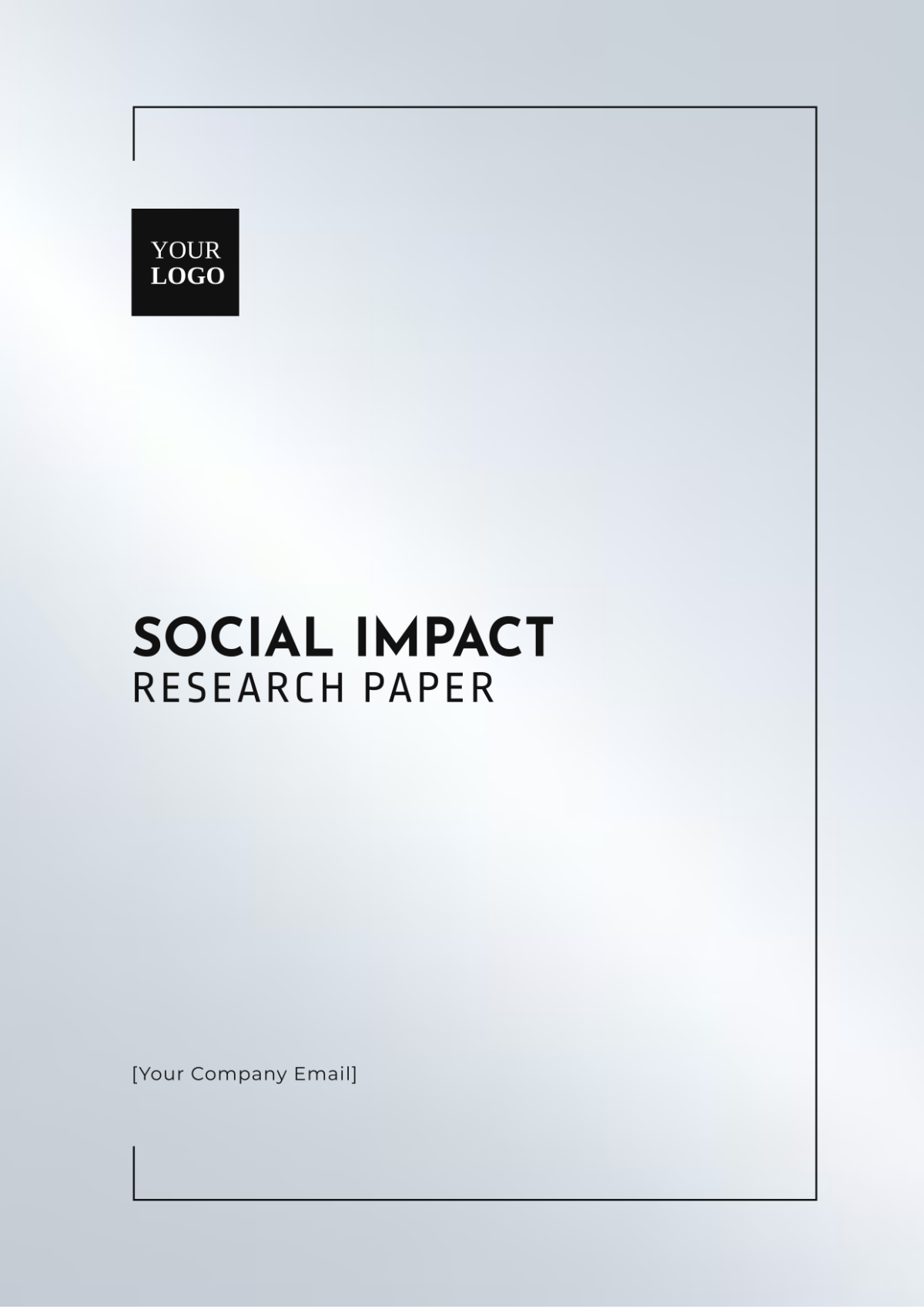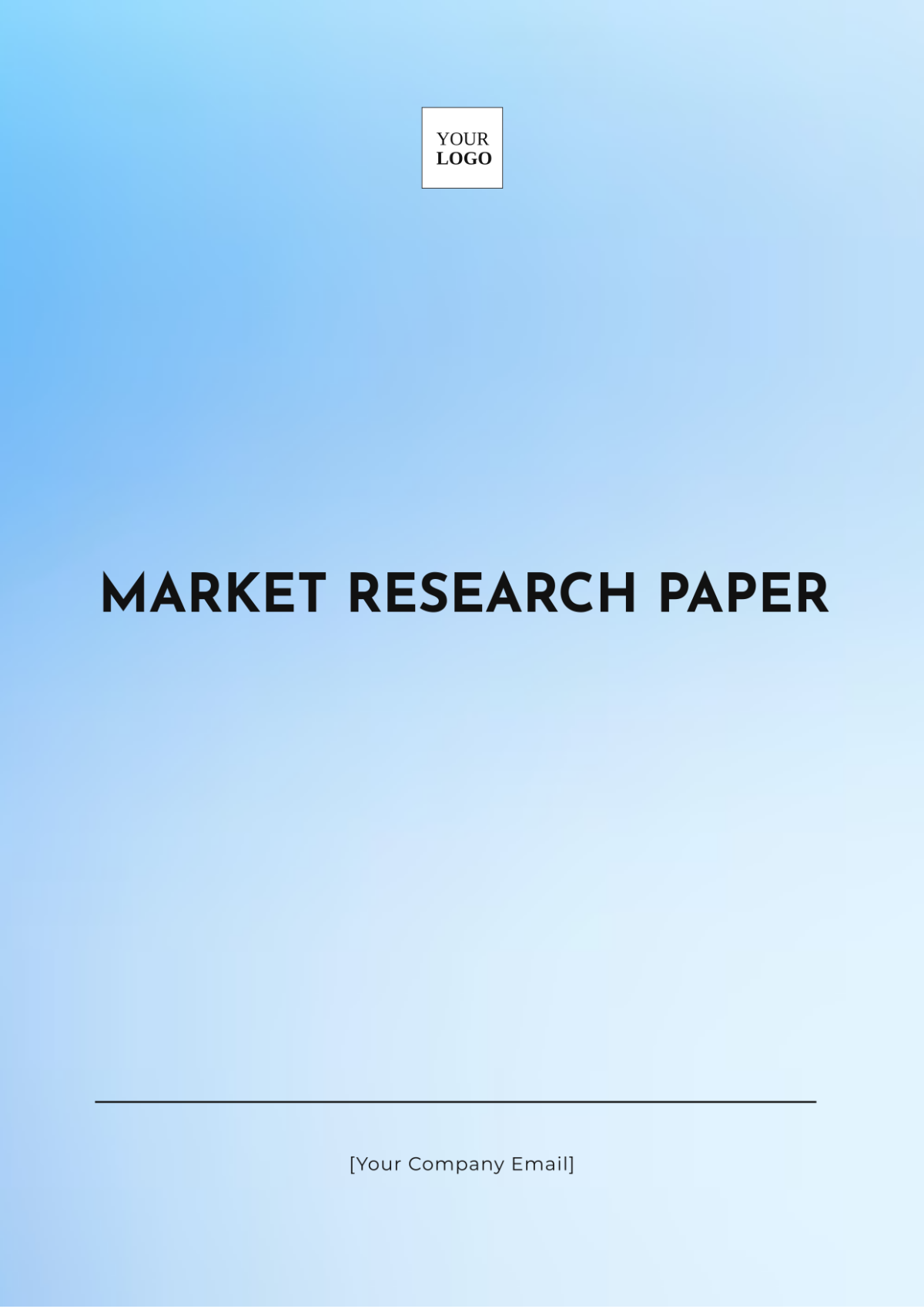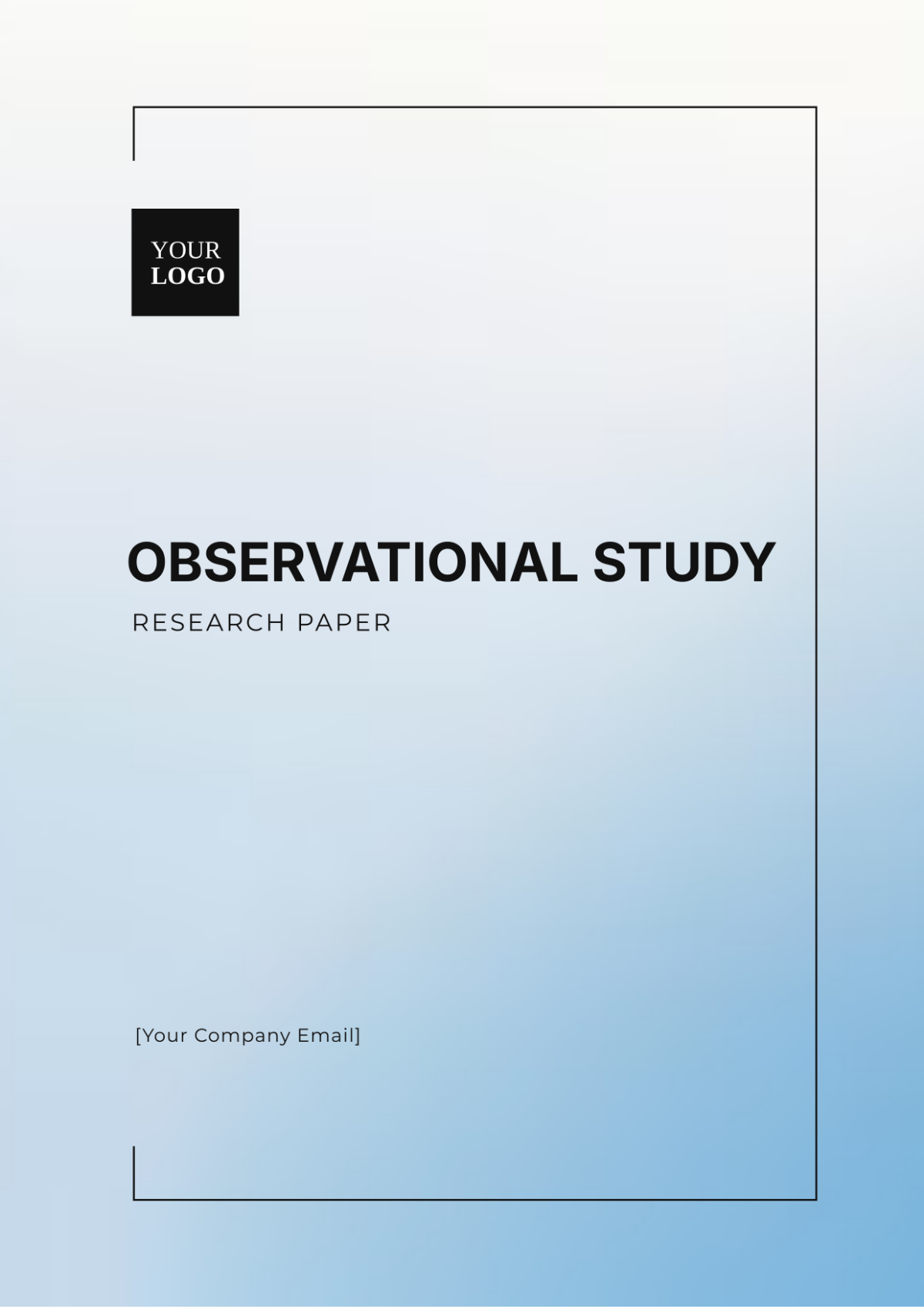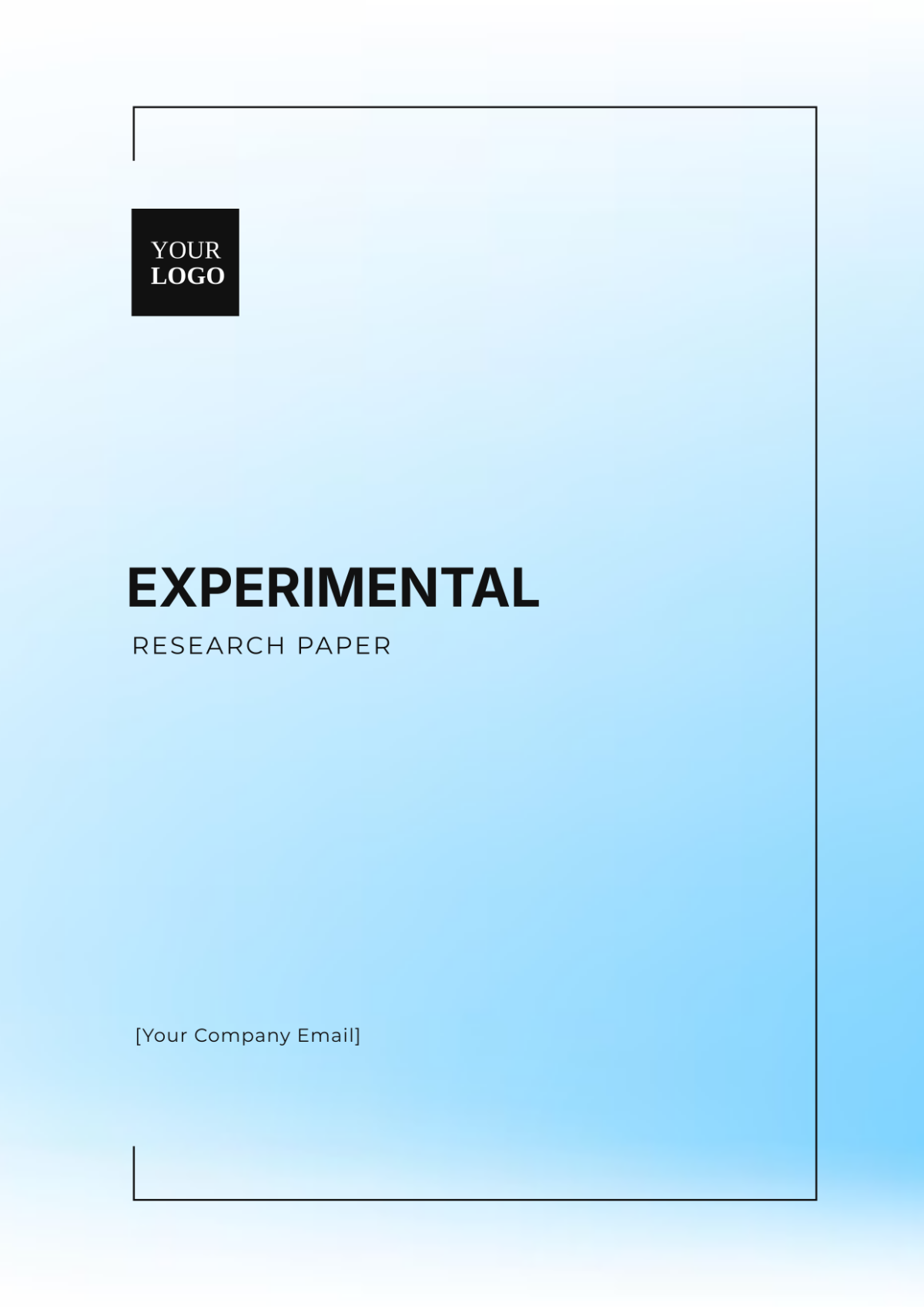Software Development Research Paper
Researcher: [Your Name]
Date: [Date]
I. Abstract
This research paper presents groundbreaking findings and analysis of advancements in agile methodologies for software development as of 2050. We investigate the latest methodologies, technologies, and case studies that have significantly influenced the field. The research focuses on evaluating the effectiveness and practical implementation of these methodologies in the context of modern software development practices, considering futuristic trends and innovations.
II. Introduction
The landscape of software development has experienced transformative changes with the evolution of new methodologies and technologies. Agile methodologies, known for their iterative and adaptive approach, have been at the forefront of this transformation. This paper explores recent advancements in agile methodologies, providing a comprehensive overview of their impact and how they align with current and future software development needs.
III. Related Work
Prior investigations have thoroughly examined the efficacy of agile methodologies, especially in contrast to traditional development strategies, demonstrating advantages like better project management, higher customer satisfaction, and quicker time-to-market. As we advance into the 2050s and beyond, reassessing these methodologies in the context of new technologies and evolving industry needs becomes essential. This paper aims to expand on past research to tackle fresh challenges and opportunities.
IV. Methodology
The research methodology encompasses a multifaceted approach, including an extensive literature review, advanced case study analysis, and interviews with leading industry experts. The steps involved are:
Conducted a comprehensive literature review using advanced databases and repositories such as IEEE Xplore 2050, ACM Digital Library 2050, and future-focused journals.
Analyzed contemporary case studies showcasing the application and impact of advanced agile methodologies in various sectors.
Engaged with industry experts through virtual reality interviews and AI-driven consultations to gain insights into current practices and future trends.
V. Results
Our research reveals several emerging agile methodologies that have gained prominence:
Methodology | Description | Benefits |
|---|---|---|
Kanban 2050 | An evolved visual approach integrating real-time AI analytics to optimize workflow. | Enhanced visualization, dynamic adaptability, and real-time insights. |
ScrumBAN 2050 | An advanced hybrid model that merges Scrum's framework with Kanban's AI-enhanced flow management. | Increased flexibility, AI-assisted task prioritization, and superior efficiency. |
Lean Agile Evolution | Focuses on eliminating inefficiencies with machine learning algorithms to drive value and speed. | Accelerated delivery, reduced costs, and superior quality through AI-driven optimization. |
These methodologies have demonstrated significant improvements in project efficiency, collaboration, and product quality.
VI. Discussion
The ongoing evolution of agile methodologies highlights the necessity for continuous adaptation within software development processes. Integration with emerging technologies such as advanced AI, quantum computing, and automated DevOps practices has further revolutionized development cycles. Our research indicates that teams employing these advanced methodologies report notable gains in productivity and client satisfaction. However, challenges persist, including resistance to change and the need for ongoing training. Organizations must invest in advanced educational programs and technological infrastructure to fully harness the potential of these methodologies.
VII. Conclusion
Advancements in agile methodologies have profoundly impacted the software development landscape, introducing innovative strategies for managing projects and delivering high-quality solutions. As the industry progresses, practitioners must remain agile and informed to adapt to ongoing changes. Future research should explore the integration of cutting-edge technologies, including AI-driven agile tools and quantum computing enhancements, to further refine agile practices and address emerging industry demands.
VIII. References
Boehm, B., & Turner, R. (2050). Balancing Agility and Discipline: A Guide for the Perplexed in the New Age. Addison-Wesley.
Schwaber, K., & Sutherland, J. (2050). The Scrum Guide 2050. Retrieved from https://www.scrumguides2050.org/.
Anderson, D. J. (2050). Kanban 2050: Evolutionary Advances for the Digital Era. Blue Hole Press.
Poppendieck, M., & Poppendieck, T. (2050). Lean Agile Evolution: New Strategies for the 2050s. Addison-Wesley.
Humble, J., & Farley, D. (2050). Continuous Delivery 2050: Automating Reliability and Speed. Addison-Wesley.
